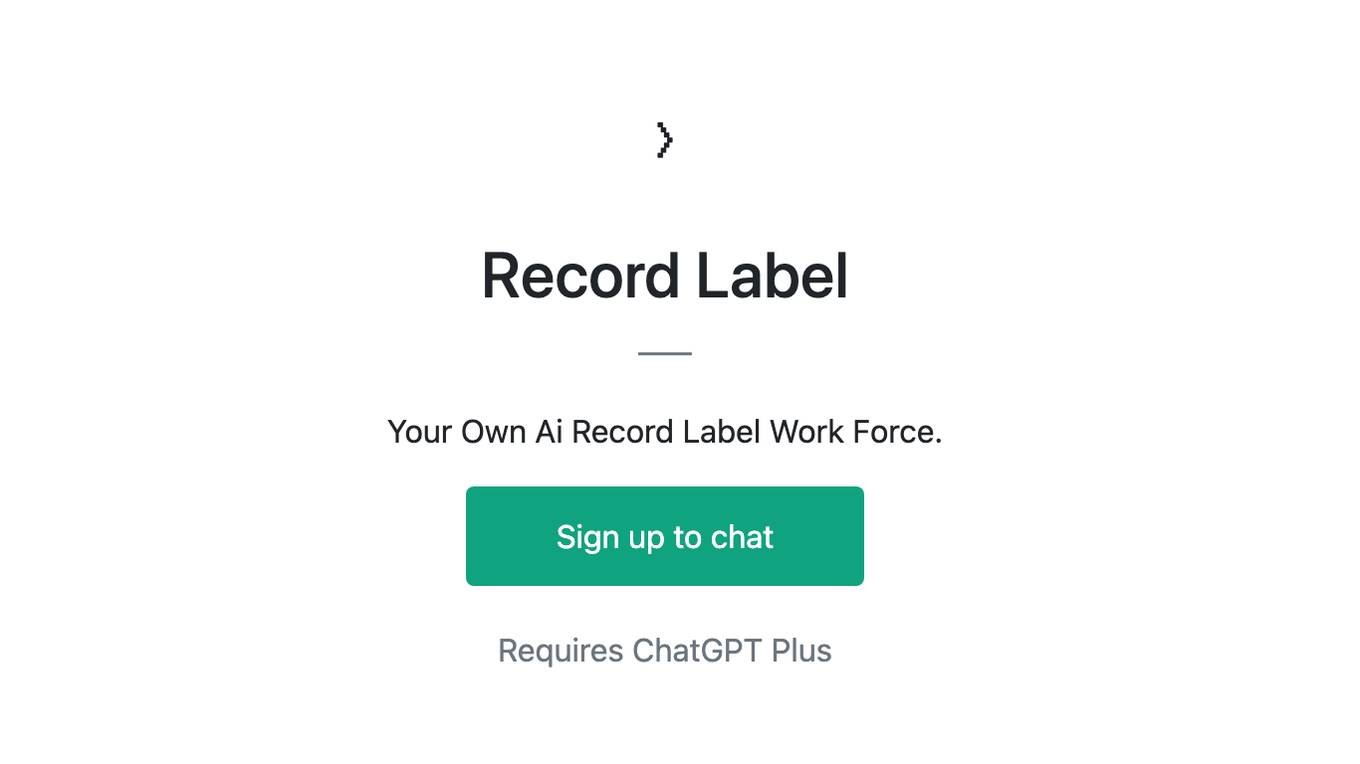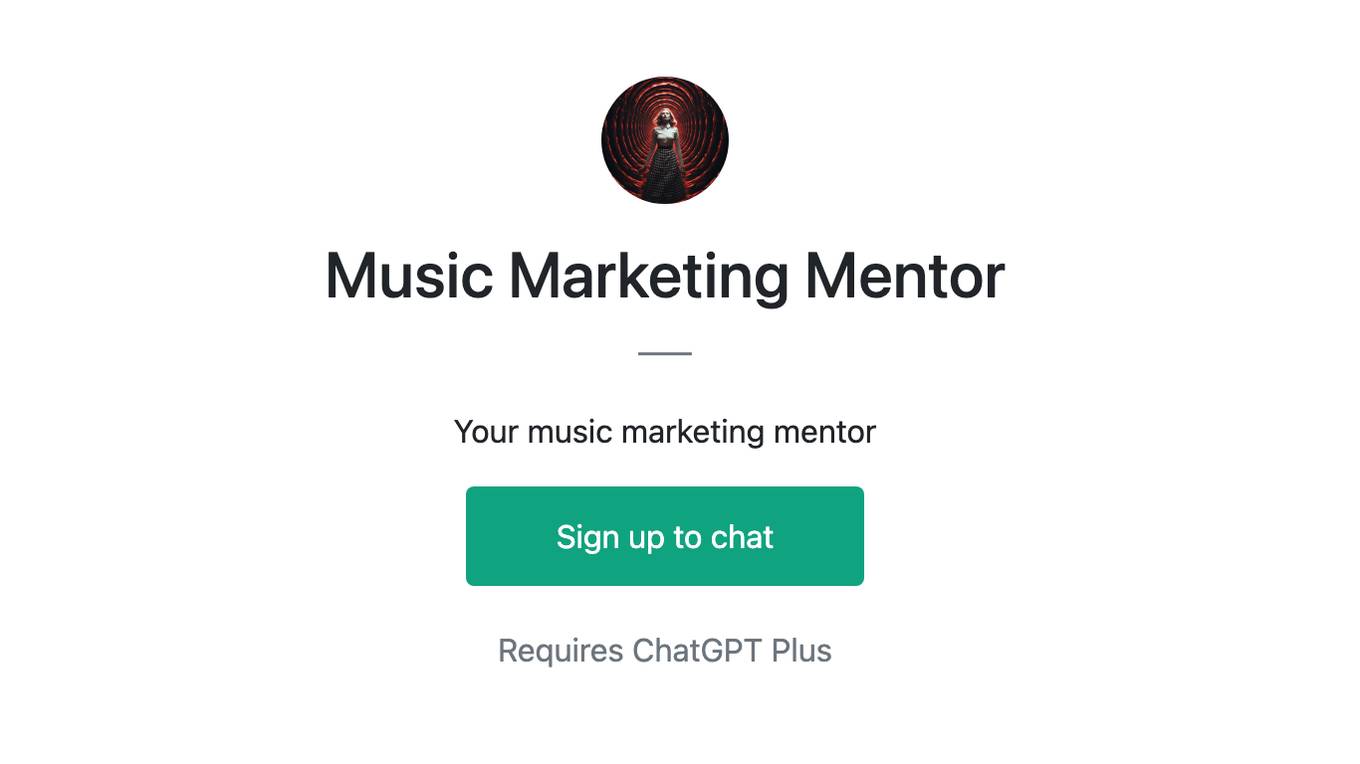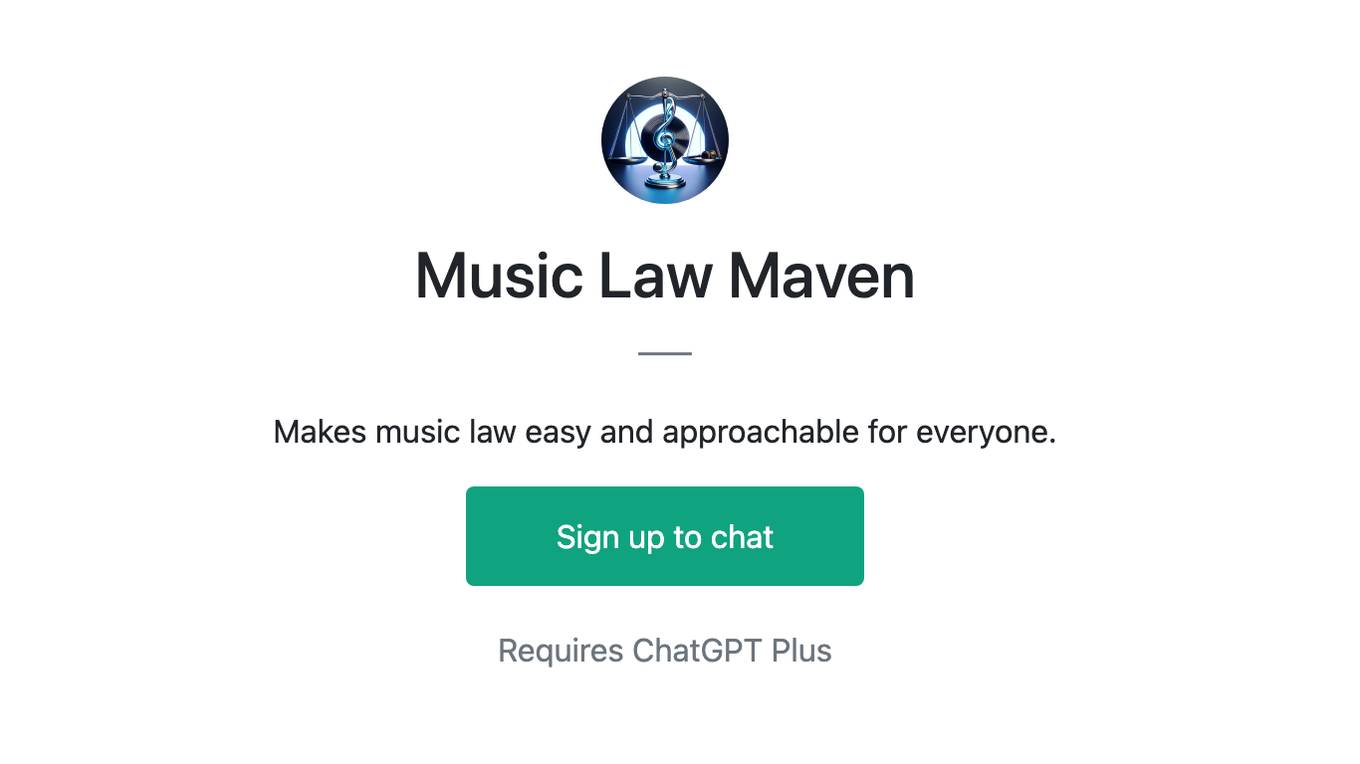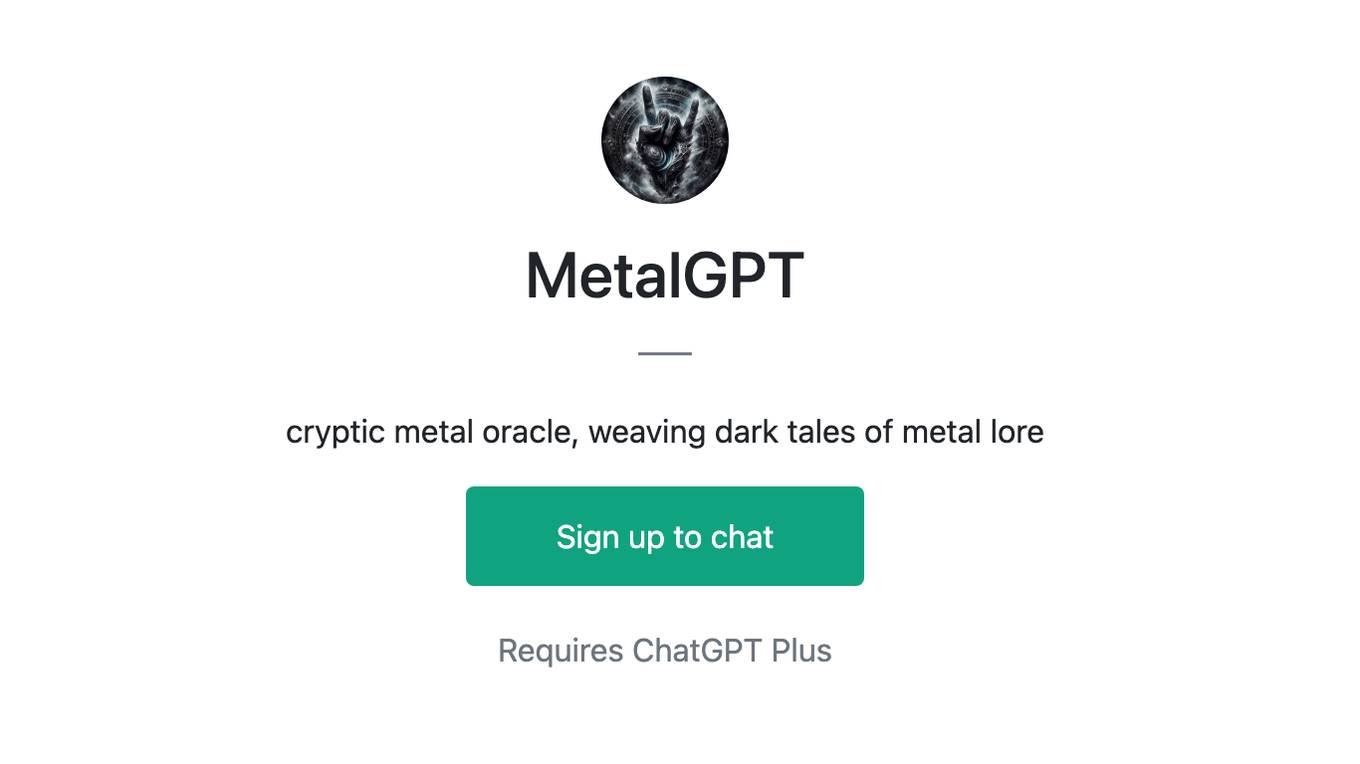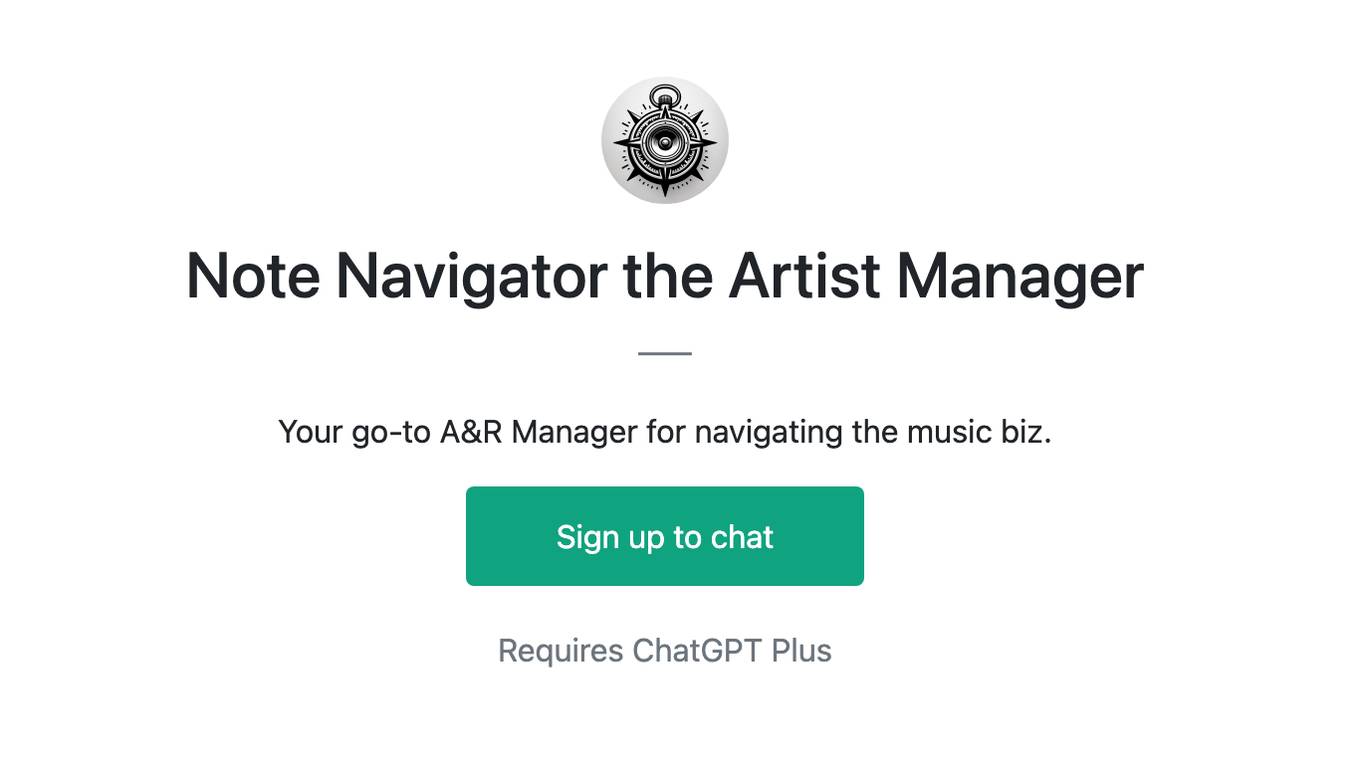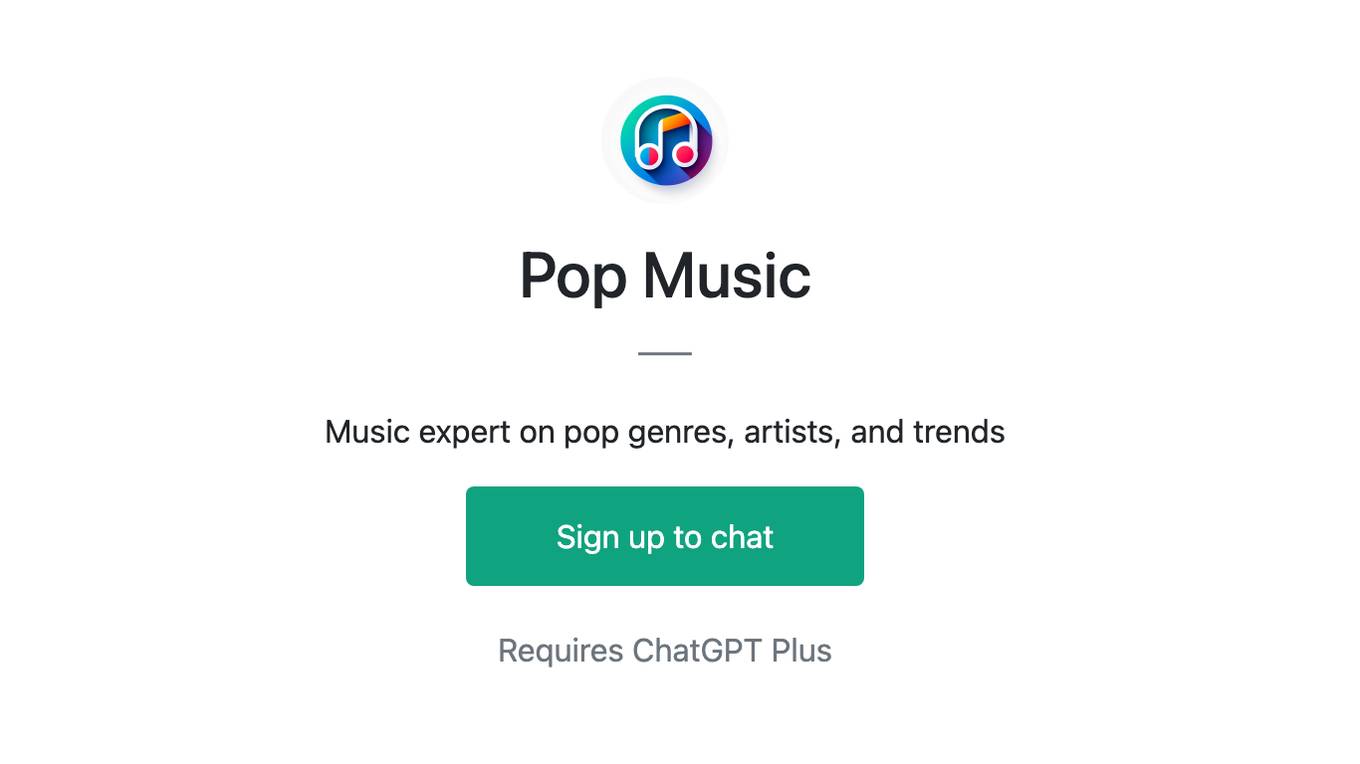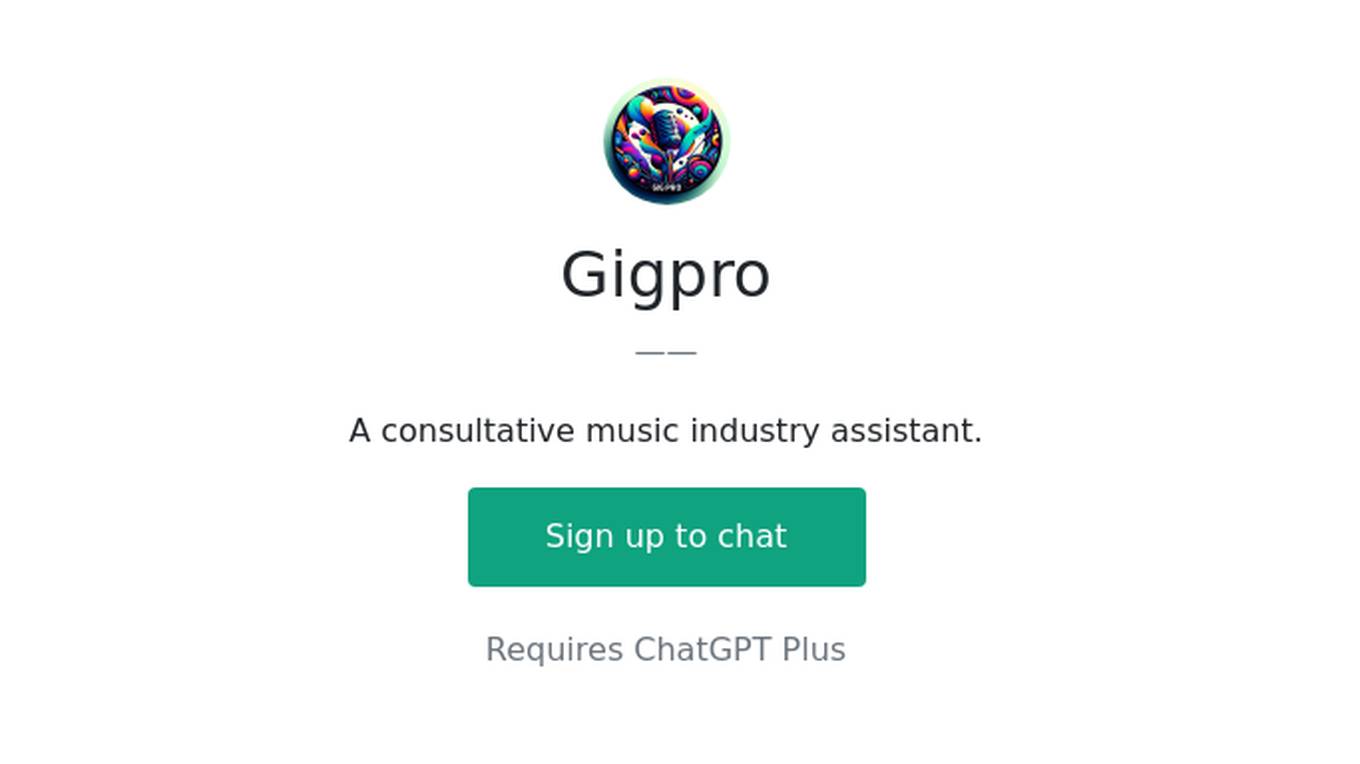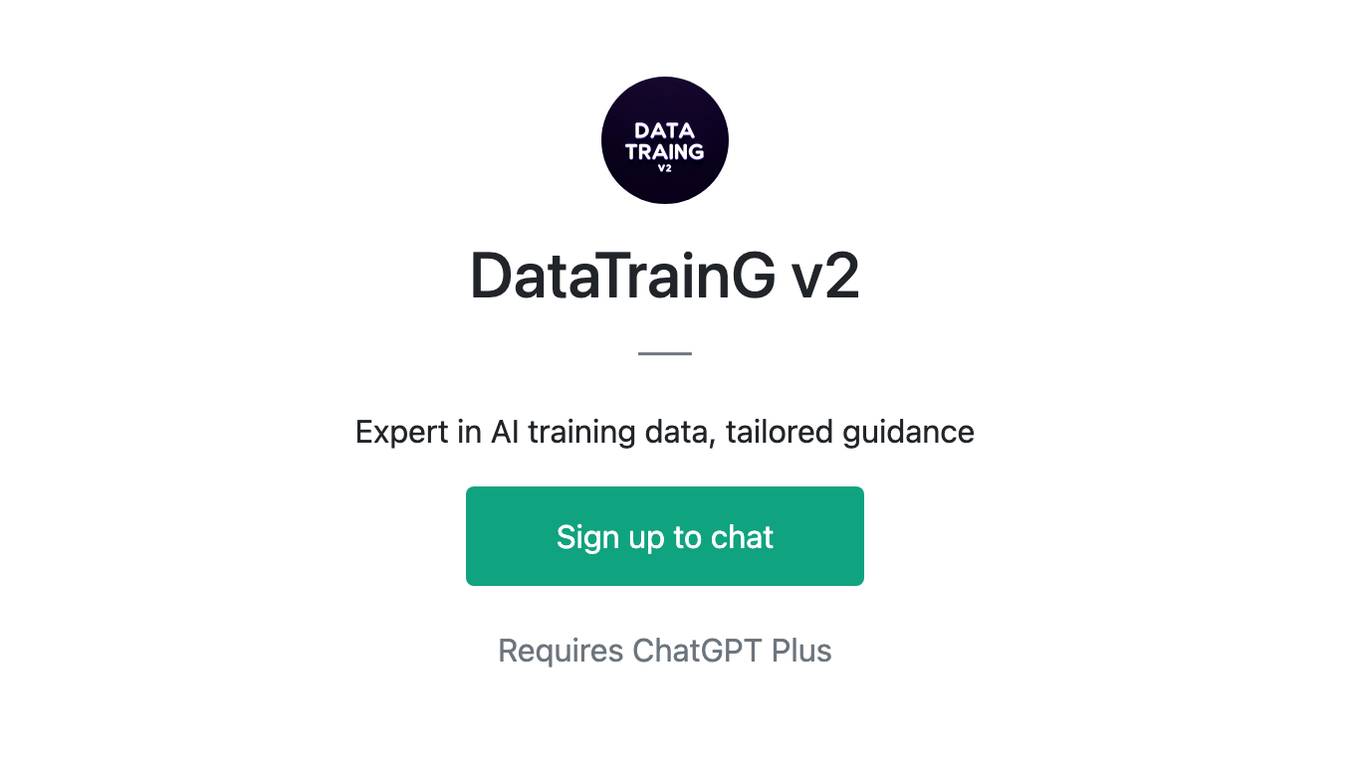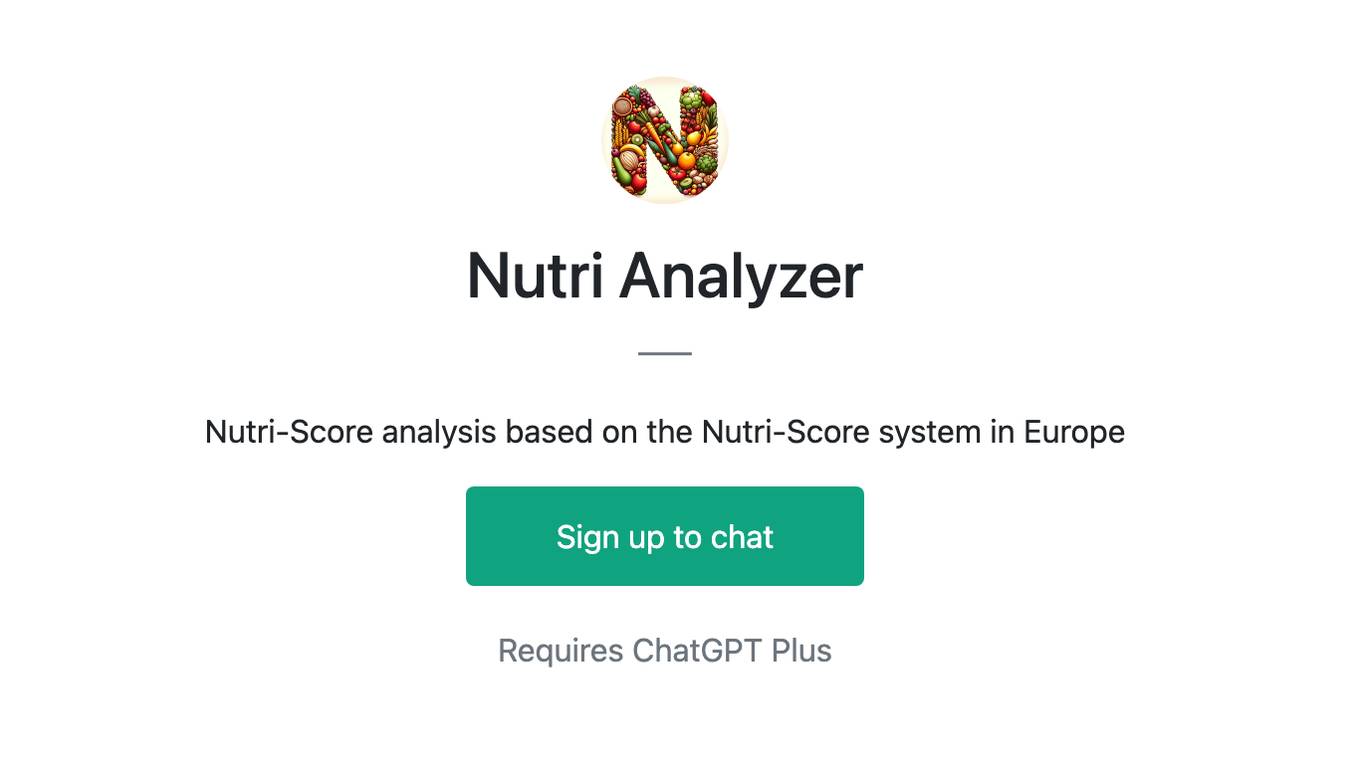Best AI tools for< Label Images >
20 - AI tool Sites
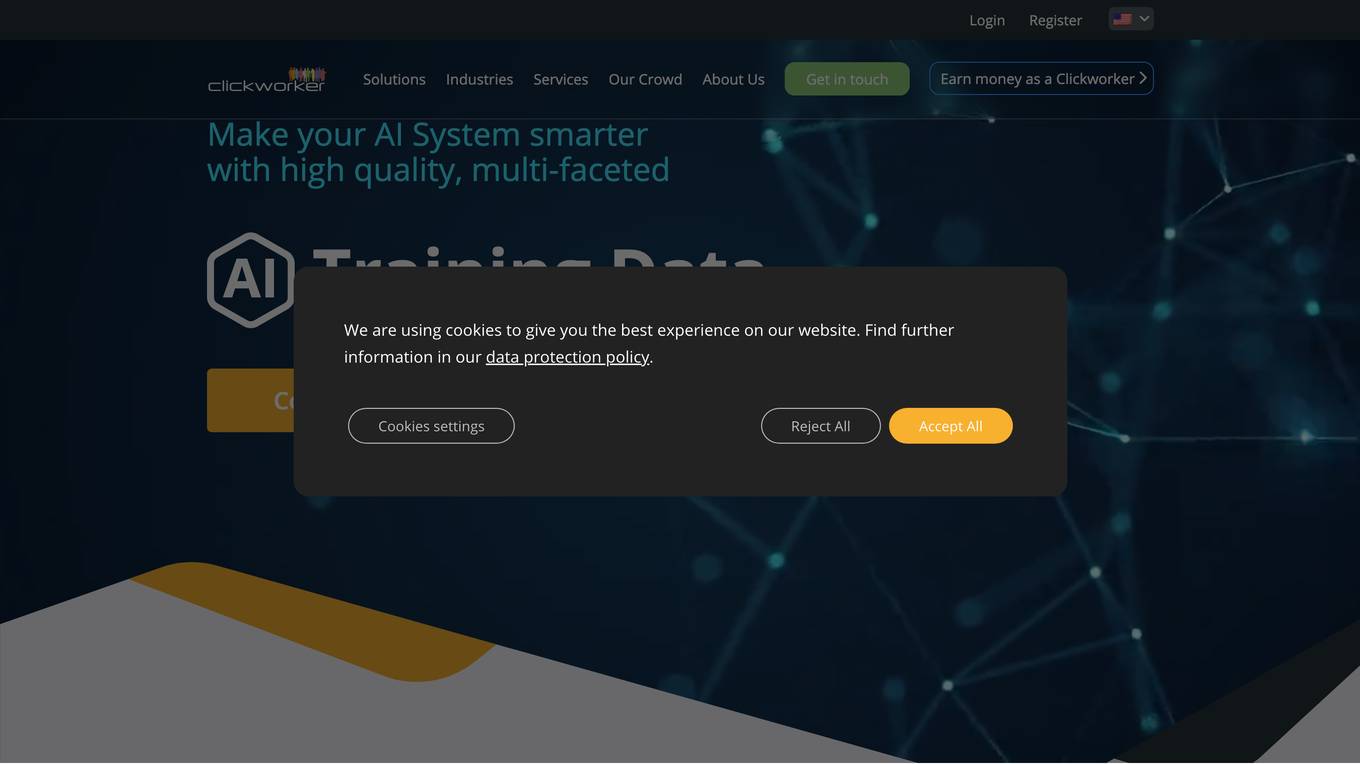
Clickworker GmbH
Clickworker GmbH is an AI training data and data management services platform that leverages a global crowd of Clickworkers to generate, validate, and label data for AI systems. The platform offers a range of AI datasets for machine learning, audio, image, and video datasets, as well as services like image annotation, content editing, and creation. Clickworkers participate in projects on a freelance basis, performing micro-tasks to create high-quality training data tailored to the requirements of AI systems. The platform also provides solutions for industries such as AI and data science research, eCommerce, fashion, retail, and digital marketing.
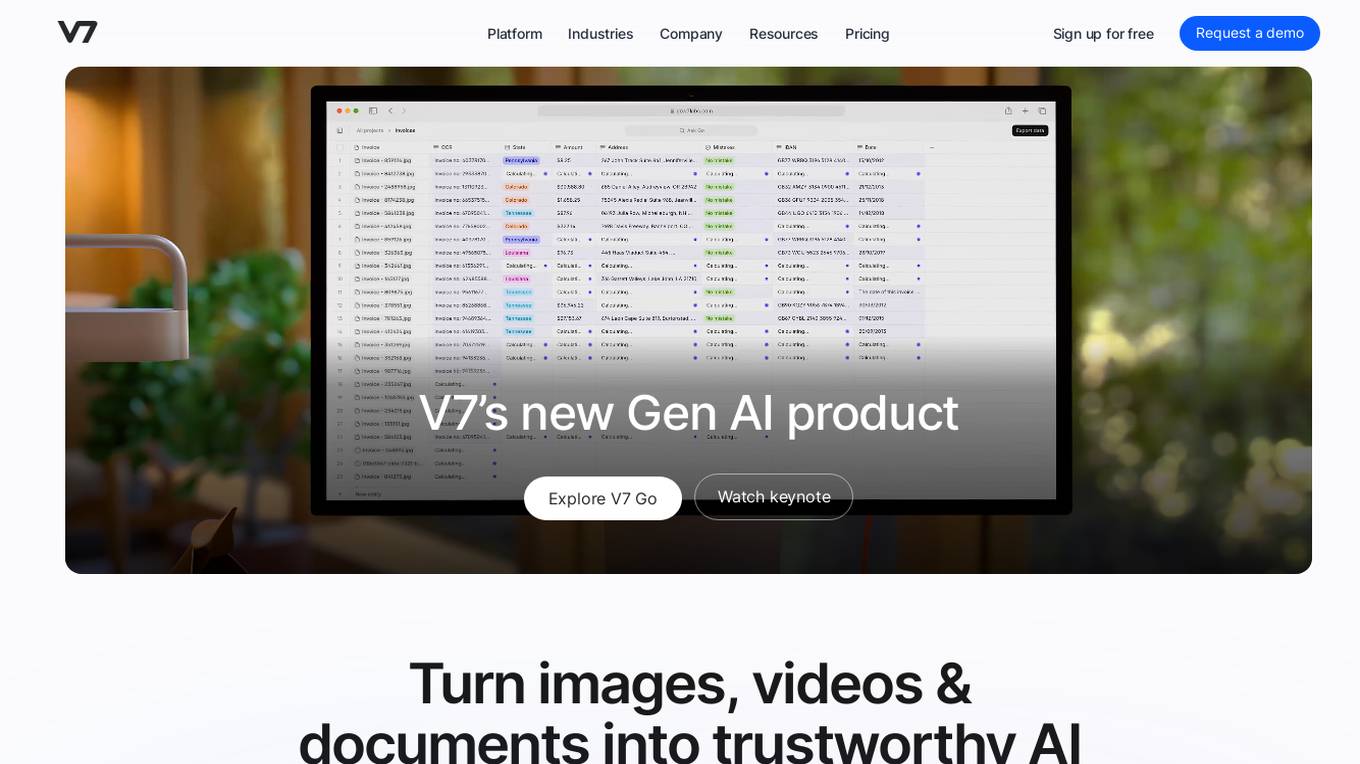
V7
V7 is an AI data engine for computer vision and generative AI. It provides a multimodal automation tool that helps users label data 10x faster, power AI products via API, build AI + human workflows, and reach 99% AI accuracy. V7's platform includes features such as automated annotation, DICOM annotation, dataset management, model management, image annotation, video annotation, document processing, and labeling services.
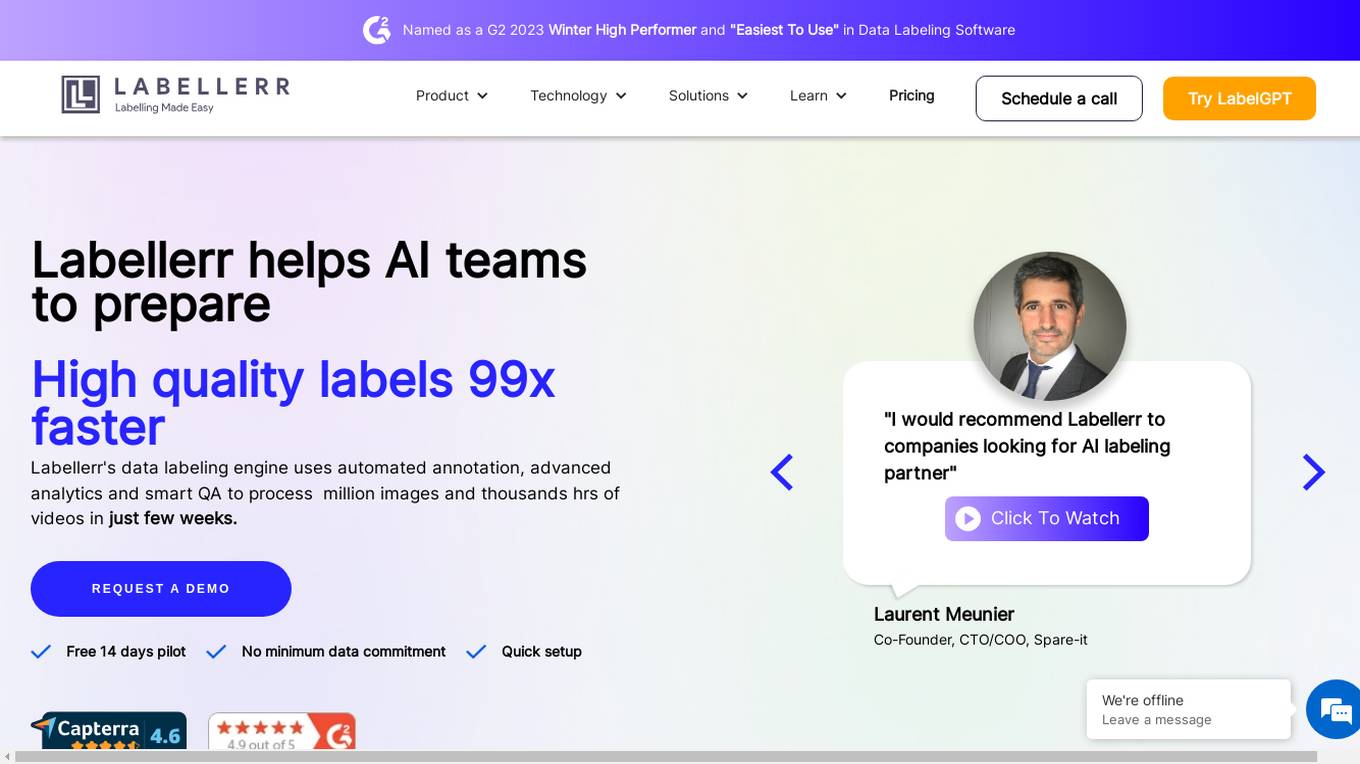
Labellerr
Labellerr is a data labeling software that helps AI teams prepare high-quality labels 99 times faster for Vision, NLP, and LLM models. The platform offers automated annotation, advanced analytics, and smart QA to process millions of images and thousands of hours of videos in just a few weeks. Labellerr's powerful analytics provides full control over output quality and project management, making it a valuable tool for AI labeling partners.
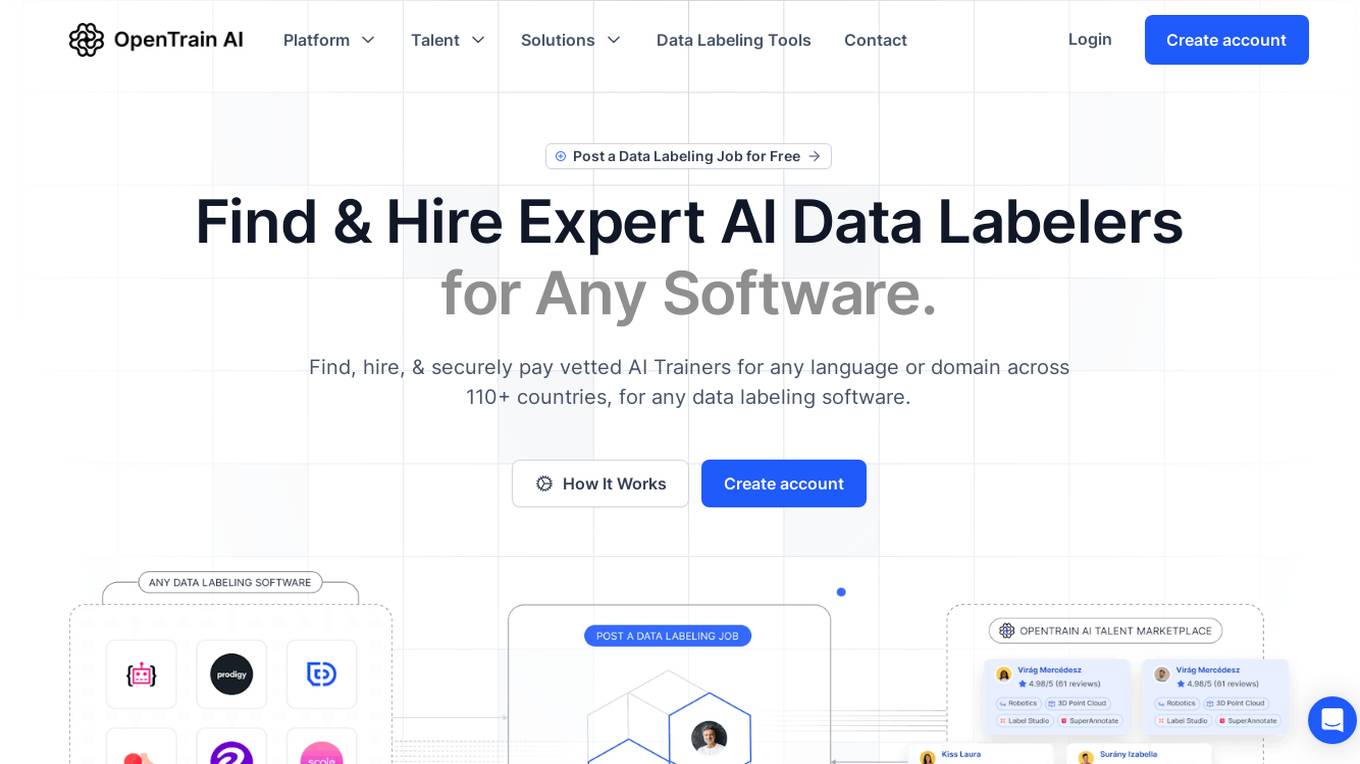
OpenTrain AI
OpenTrain AI is a data labeling marketplace that leverages artificial intelligence to streamline the process of labeling data for machine learning models. It provides a platform where users can crowdsource data labeling tasks to a global community of annotators, ensuring high-quality labeled datasets for training AI algorithms. With advanced AI algorithms and human-in-the-loop validation, OpenTrain AI offers efficient and accurate data labeling services for various industries such as autonomous vehicles, healthcare, and natural language processing.
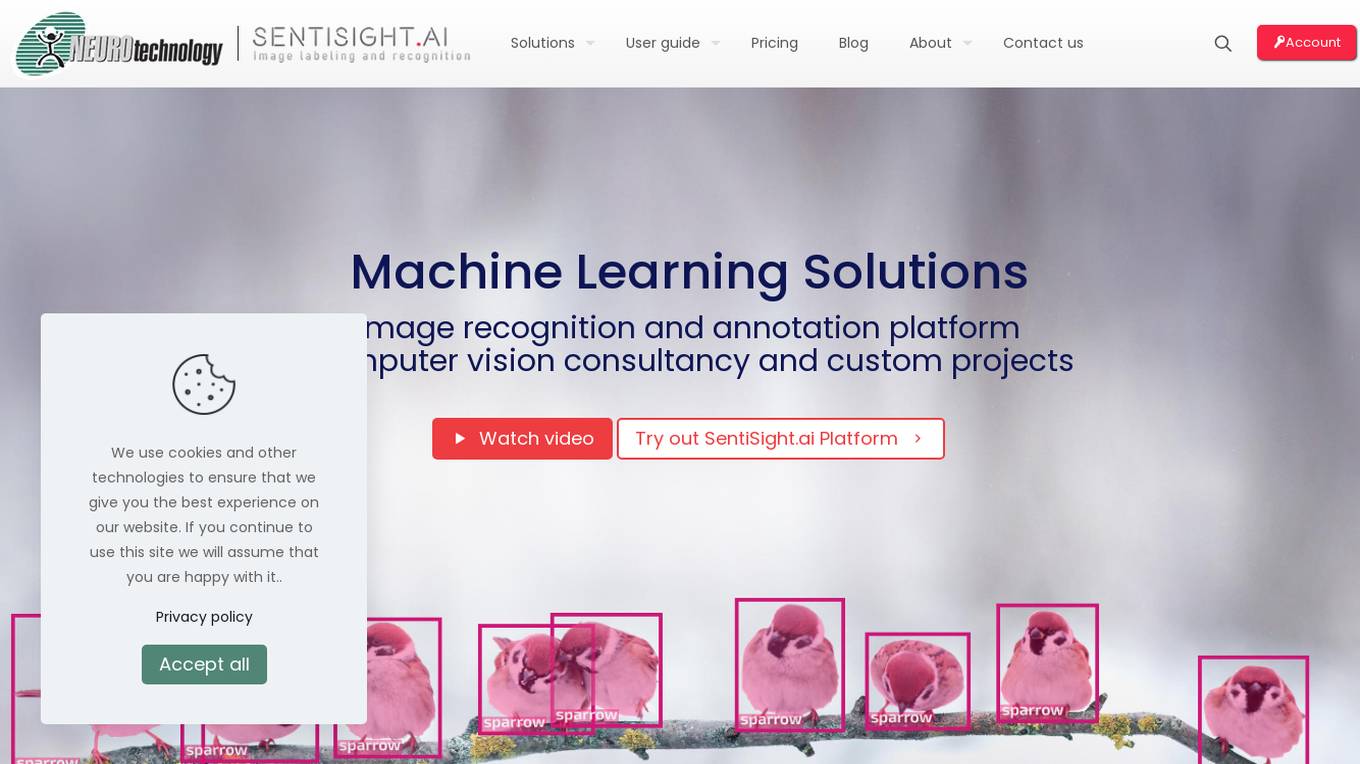
SentiSight.ai
SentiSight.ai is a machine learning platform for image recognition solutions, offering services such as object detection, image segmentation, image classification, image similarity search, image annotation, computer vision consulting, and intelligent automation consulting. Users can access pre-trained models, background removal, NSFW detection, text recognition, and image recognition API. The platform provides tools for image labeling, project management, and training tutorials for various image recognition models. SentiSight.ai aims to streamline the image annotation process, empower users to build and train their own models, and deploy them for online or offline use.
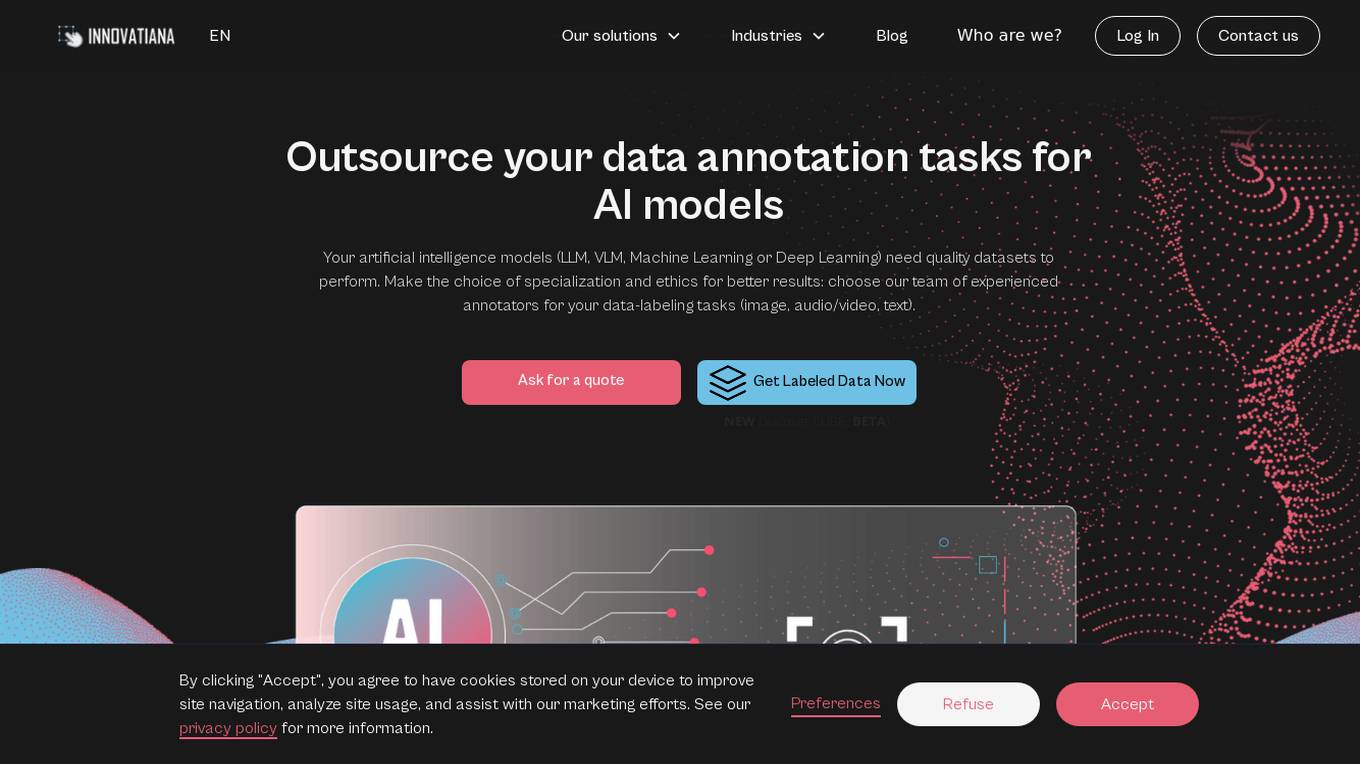
Innovatiana
Innovatiana is a data labeling outsourcing platform that offers high-quality datasets for artificial intelligence models. They specialize in image, audio/video, and text data labeling tasks, providing ethical outsourcing with a focus on impact and transparency. Innovatiana recruits and trains their own team in Madagascar, ensuring fair pay and good working conditions. They offer competitive rates, secure data handling, and high-quality labeled data to feed AI models. The platform supports various AI tasks such as Computer Vision, Data Collection, Data Moderation, Documents Processing, and Natural Language Processing.
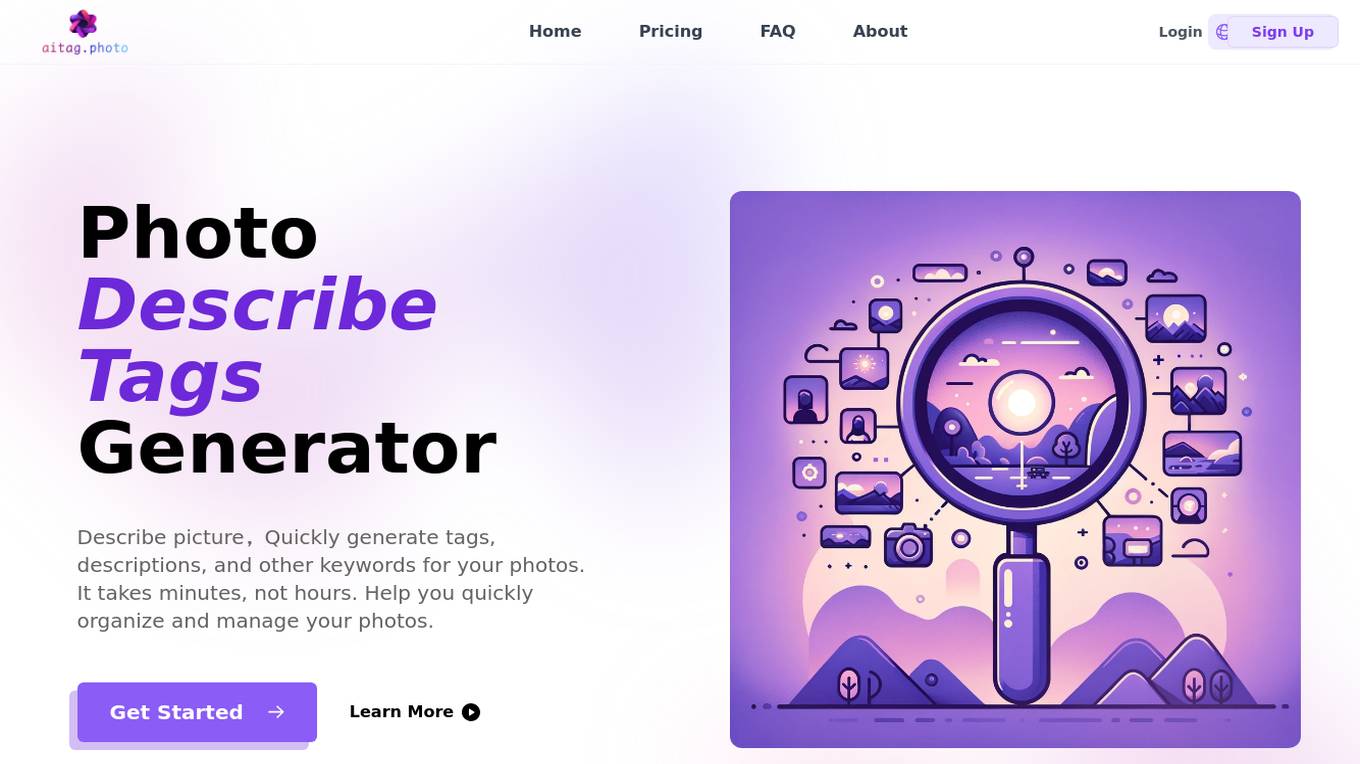
AITag.Photo
AITag.Photo is an AI tool that helps users quickly generate tags, descriptions, and other keywords for their photos. It uses advanced image understanding technology to accurately generate content descriptions for each photo, making it easy to organize and manage photos efficiently. Users can create stories based on images, featuring dialogues or monologues of characters. AITag.Photo simplifies the process of describing photos, saving users time and effort in photo management.
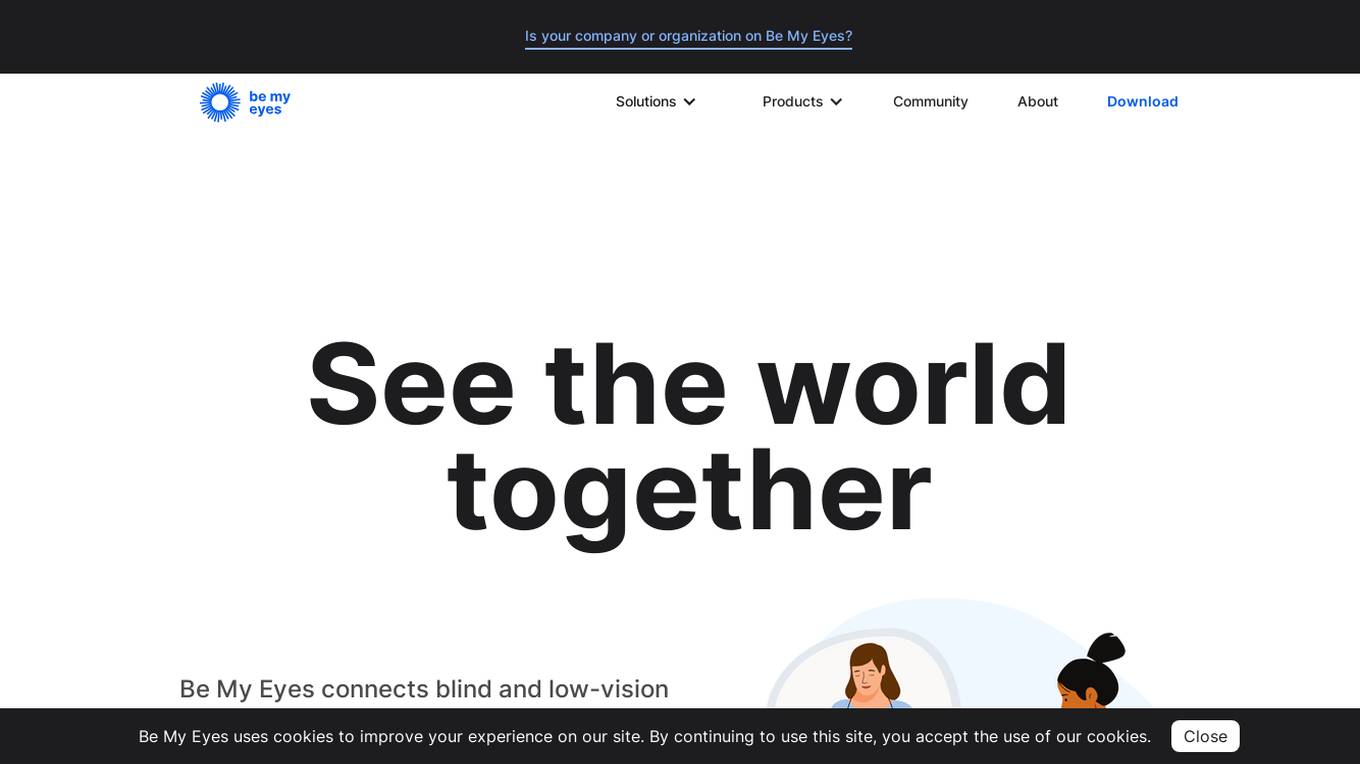
Be My Eyes
Be My Eyes is an AI-powered visual assistance application that connects blind and low-vision users with volunteers and companies worldwide. Users can request live video support, receive assistance through artificial intelligence, and access professional support from partners. The app aims to improve accessibility for individuals with visual impairments by providing a platform for real-time assistance and support.
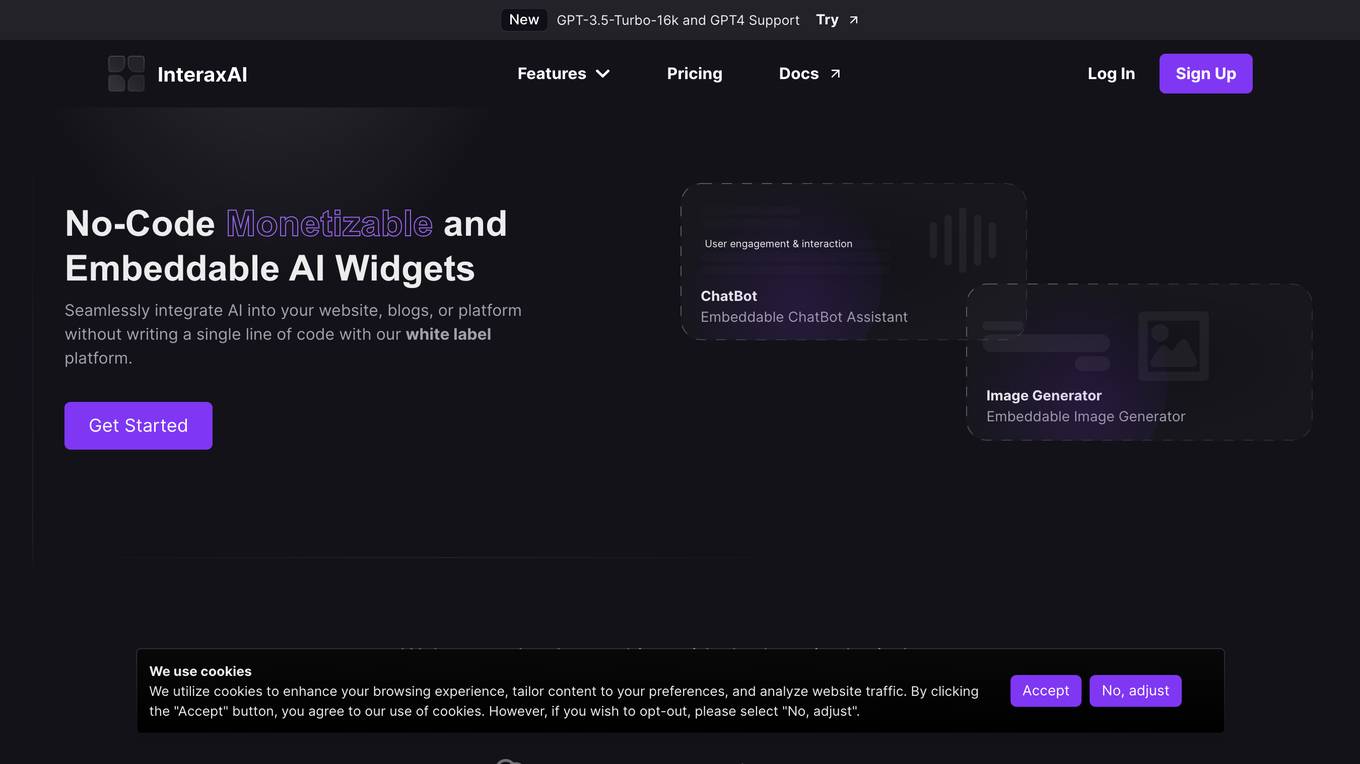
InteraxAI
InteraxAI is a no-code platform that allows users to embed AI widgets into their websites, blogs, or platforms without writing any code. The platform offers a range of AI widgets, including a chatbot assistant, an image generator, and a text completion tool. InteraxAI's widgets are fully customizable and can be configured to fit the user's brand and use case. The platform is also monetizable, allowing users to earn revenue by offering AI widgets to their audience.
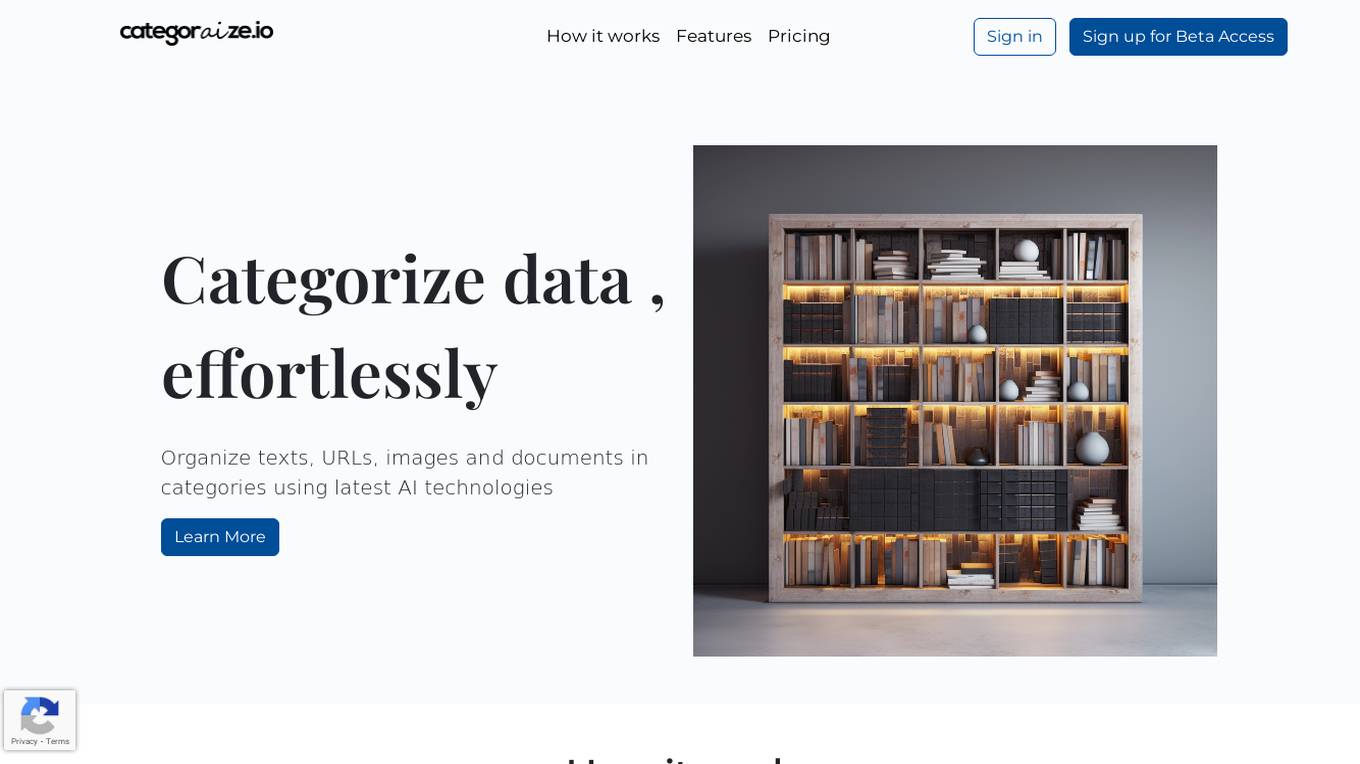
CategorAIze.io
CategorAIze.io is an AI-powered tool that helps users categorize data effortlessly using the latest AI technologies. Users can define custom categories, upload data items, and let the cutting-edge LLM AI automatically assign entries based on their content without the need for pretraining. The tool supports multi-level hierarchies, text and image-based categorization, and offers pay-as-you-go pricing options. Additionally, users can access the tool via browser, API, and plugins for a seamless experience.
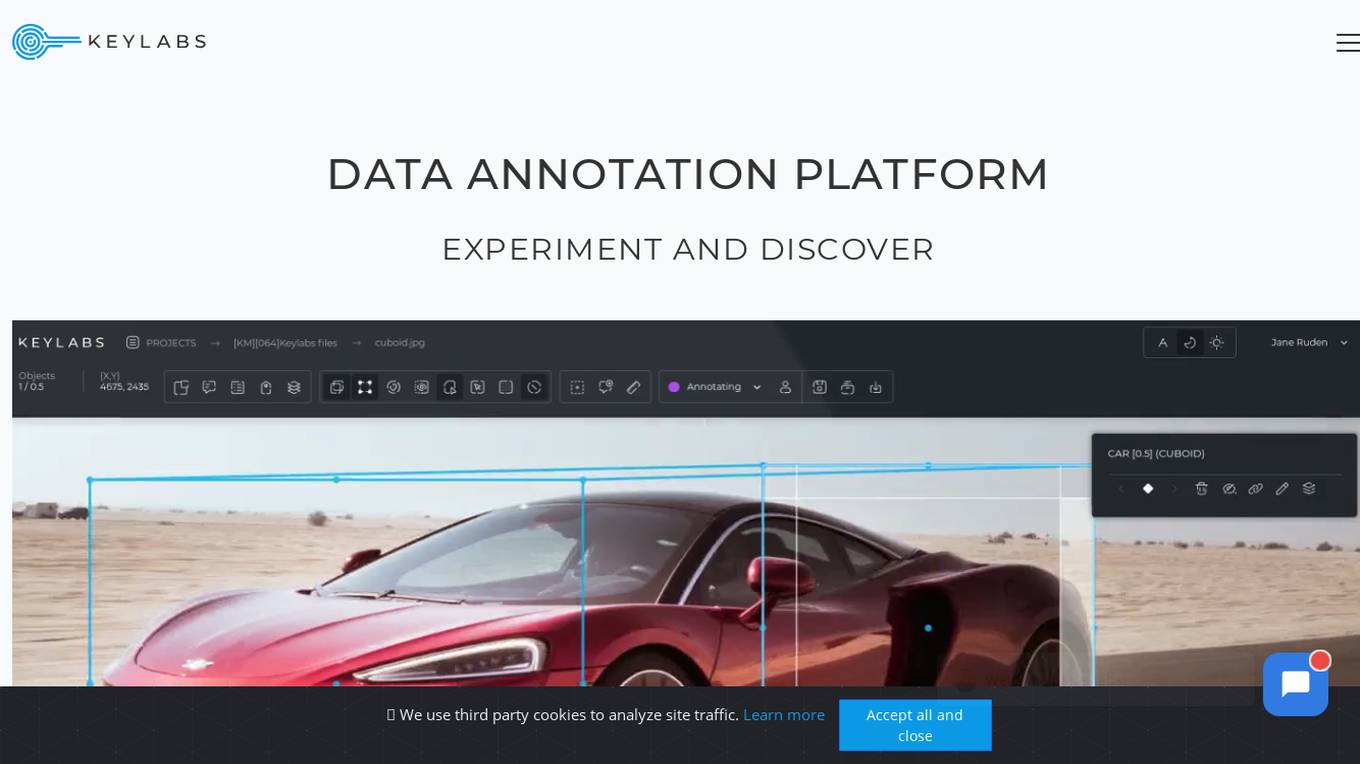
Keylabs
Keylabs is a state-of-the-art data annotation platform that enhances AI projects with highly precise data annotation and innovative tools. It offers image and video annotation, labeling, and ML-assisted features for industries such as automotive, aerial, agriculture, robotics, manufacturing, waste management, medical, healthcare, retail, fashion, sports, security, livestock, construction, and logistics. Keylabs provides advanced annotation tools, built-in machine learning, efficient operation management, and extra high performance to boost the preparation of visual data for machine learning. The platform ensures transparency in pricing with no hidden fees and offers a free trial for users to experience its capabilities.
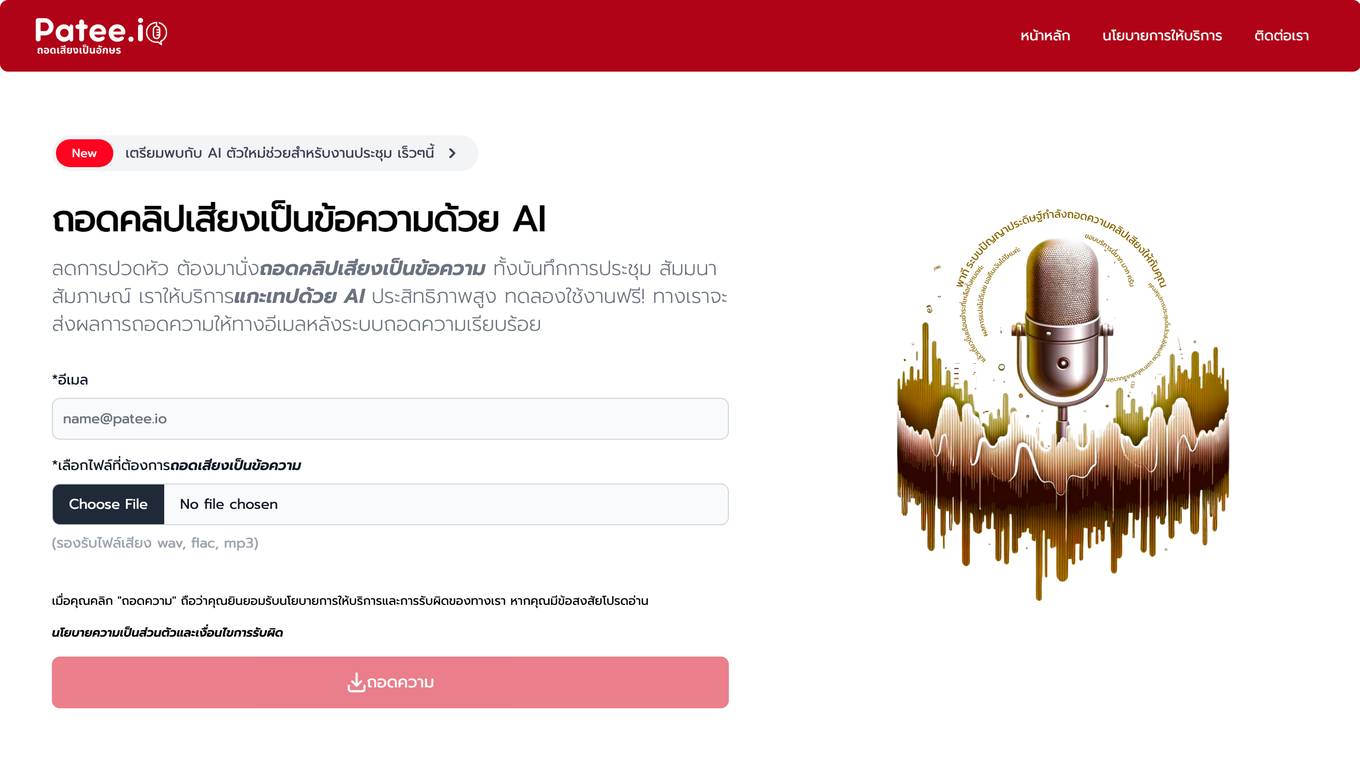
Patee.io
Patee.io is an AI-powered platform that helps businesses automate their data annotation and labeling tasks. With Patee.io, businesses can easily create, manage, and annotate large datasets, which can then be used to train machine learning models. Patee.io offers a variety of features that make it easy to annotate data, including a user-friendly interface, a variety of annotation tools, and the ability to collaborate with others. Patee.io also offers a number of pre-built models that can be used to automate the annotation process, saving businesses time and money.
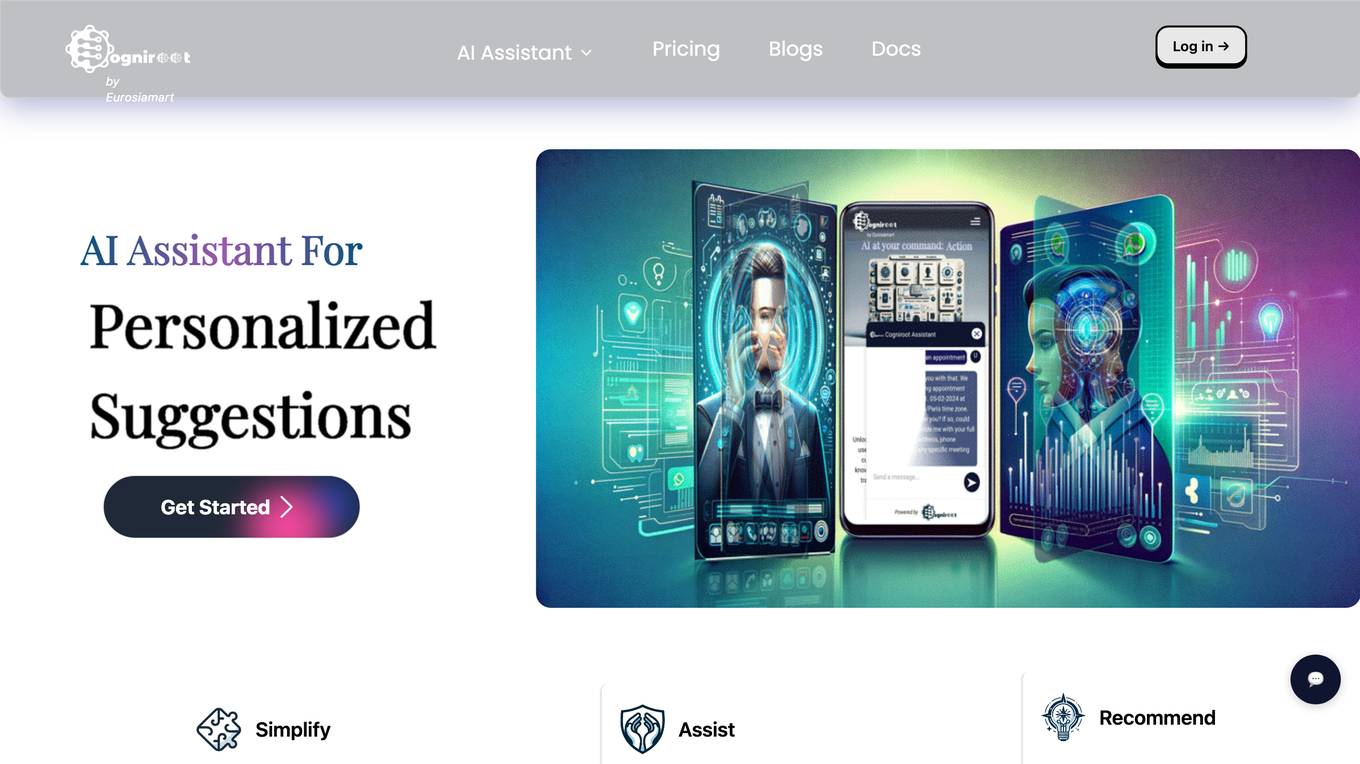
Cogniroot
Cogniroot is an AI-powered platform that helps businesses automate their data annotation and data labeling processes. It provides a suite of tools and services that make it easy for businesses to train their machine learning models with high-quality data. Cogniroot's platform is designed to be scalable, efficient, and cost-effective, making it a valuable tool for businesses of all sizes.
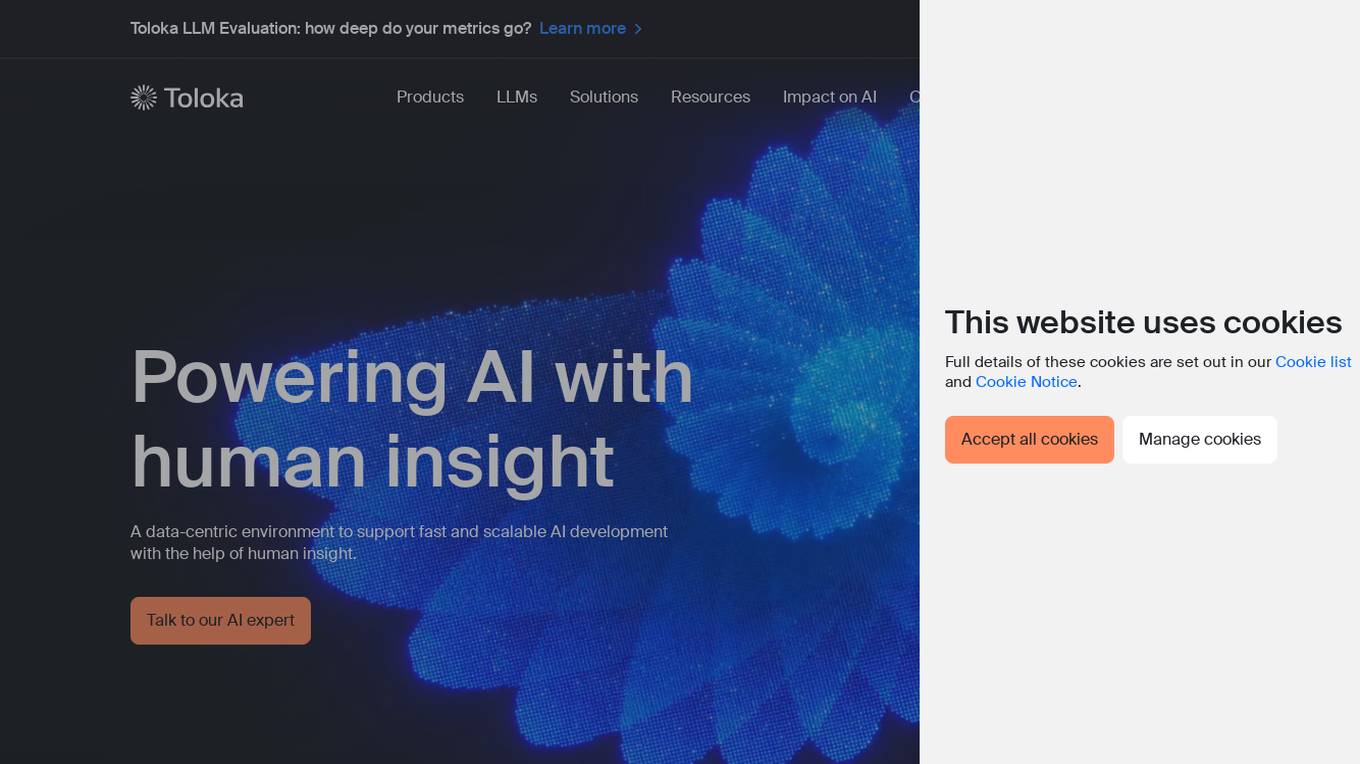
Toloka AI
Toloka AI is a data labeling platform that empowers AI development by combining human insight with machine learning models. It offers adaptive AutoML, human-in-the-loop workflows, large language models, and automated data labeling. The platform supports various AI solutions with human input, such as e-commerce services, content moderation, computer vision, and NLP. Toloka AI aims to accelerate machine learning processes by providing high-quality human-labeled data and leveraging the power of the crowd.
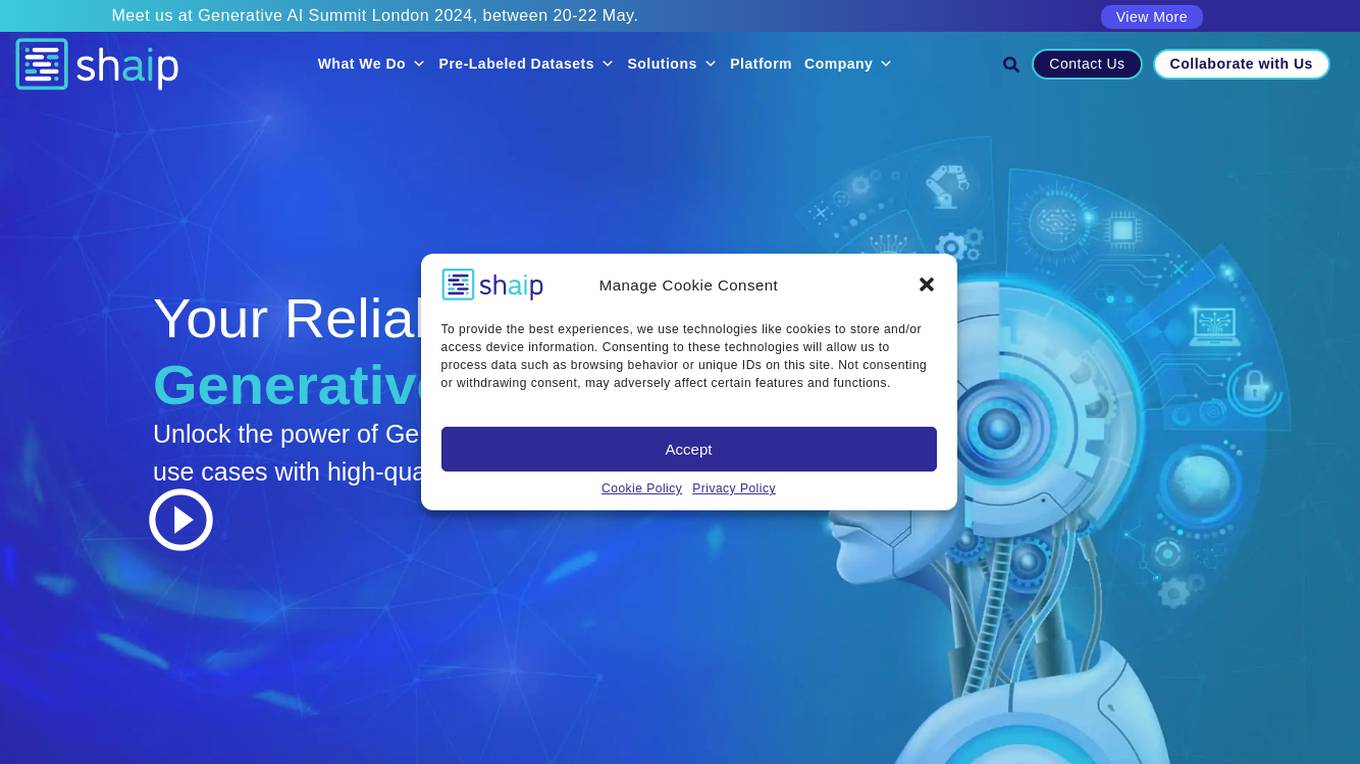
Shaip
Shaip is a human-powered data processing service specializing in AI and ML models. They offer a wide range of services including data collection, annotation, de-identification, and more. Shaip provides high-quality training data for various AI applications, such as healthcare AI, conversational AI, and computer vision. With over 15 years of expertise, Shaip helps organizations unlock critical information from unstructured data, enabling them to achieve better results in their AI initiatives.
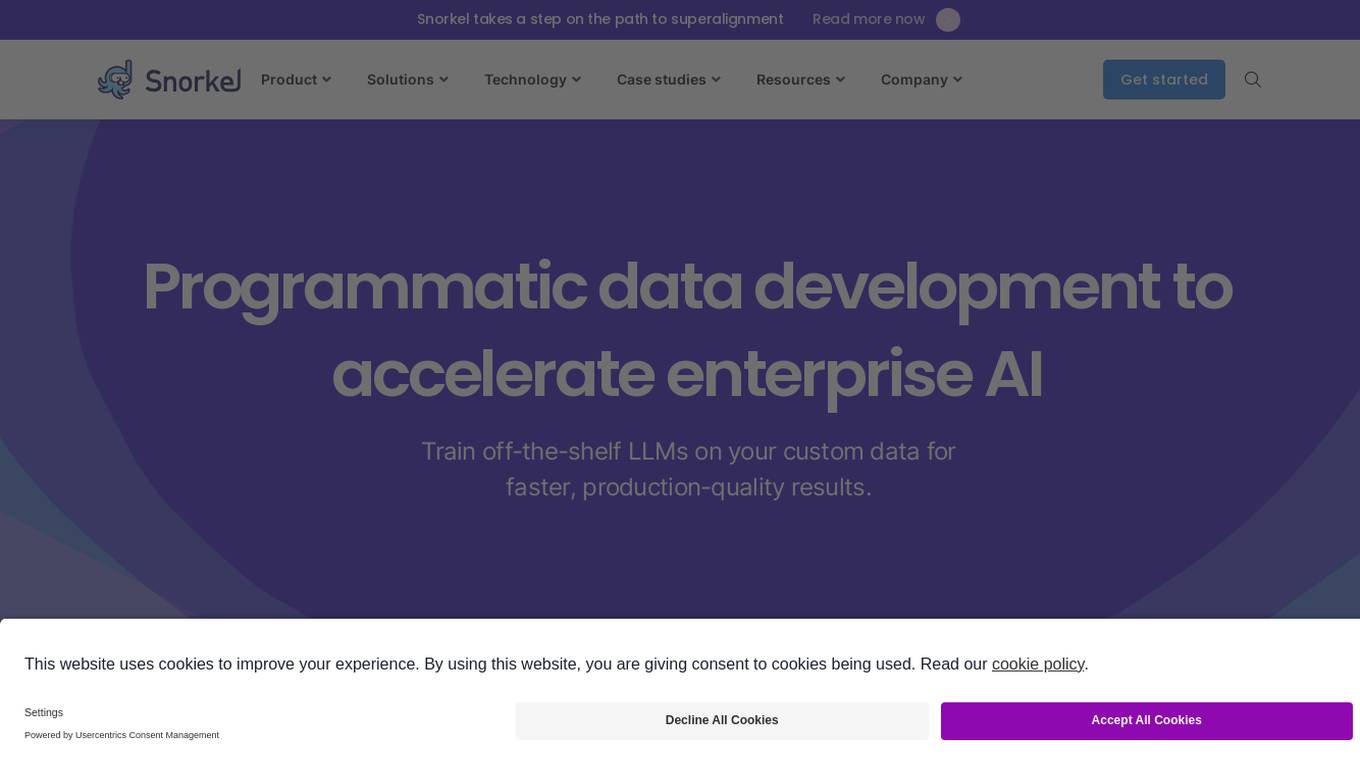
Snorkel AI
Snorkel AI is a data-centric AI application designed for enterprise use. It offers tools and platforms to programmatically label and curate data, accelerate AI development, and build high-quality generative AI applications. The application aims to help users develop AI models 100x faster by leveraging programmatic data operations and domain knowledge. Snorkel AI is known for its expertise in computer vision, data labeling, generative AI, and enterprise AI solutions. It provides resources, case studies, and research papers to support users in their AI development journey.
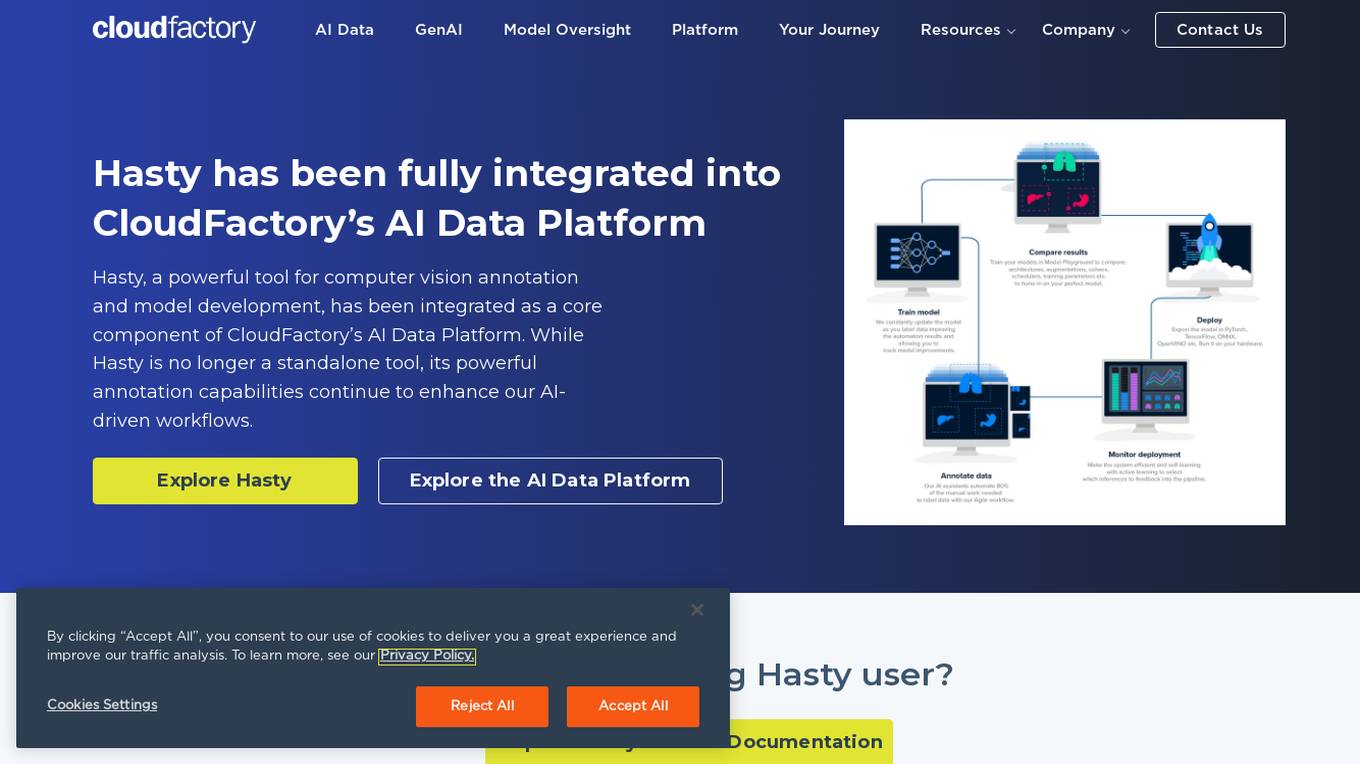
Hasty
CloudFactory's AI Data Platform, including the GenAI Model Oversight Platform, integrates Hasty as a powerful tool for computer vision annotation and model development. Hasty's annotation capabilities enhance AI-driven workflows within the platform, offering comprehensive solutions for data labeling, computer vision, NLP, and more.
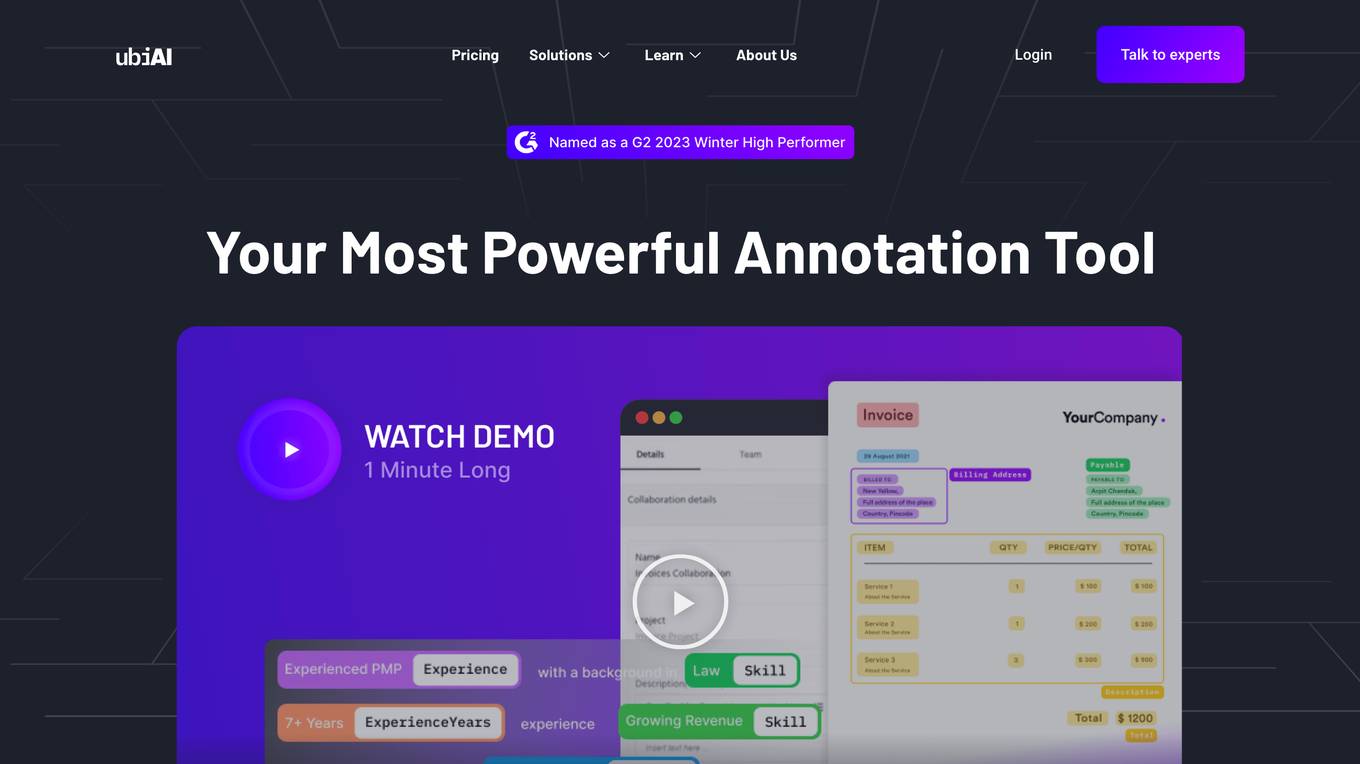
UBIAI
UBIAI is a powerful text annotation tool that helps businesses accelerate their data labeling process. With UBIAI, businesses can annotate any type of document, including PDFs, images, and text. UBIAI also offers a variety of features to make the annotation process easier and more efficient, such as auto-labeling, multi-lingual annotation, and team collaboration. With UBIAI, businesses can save time and money on their data labeling projects.
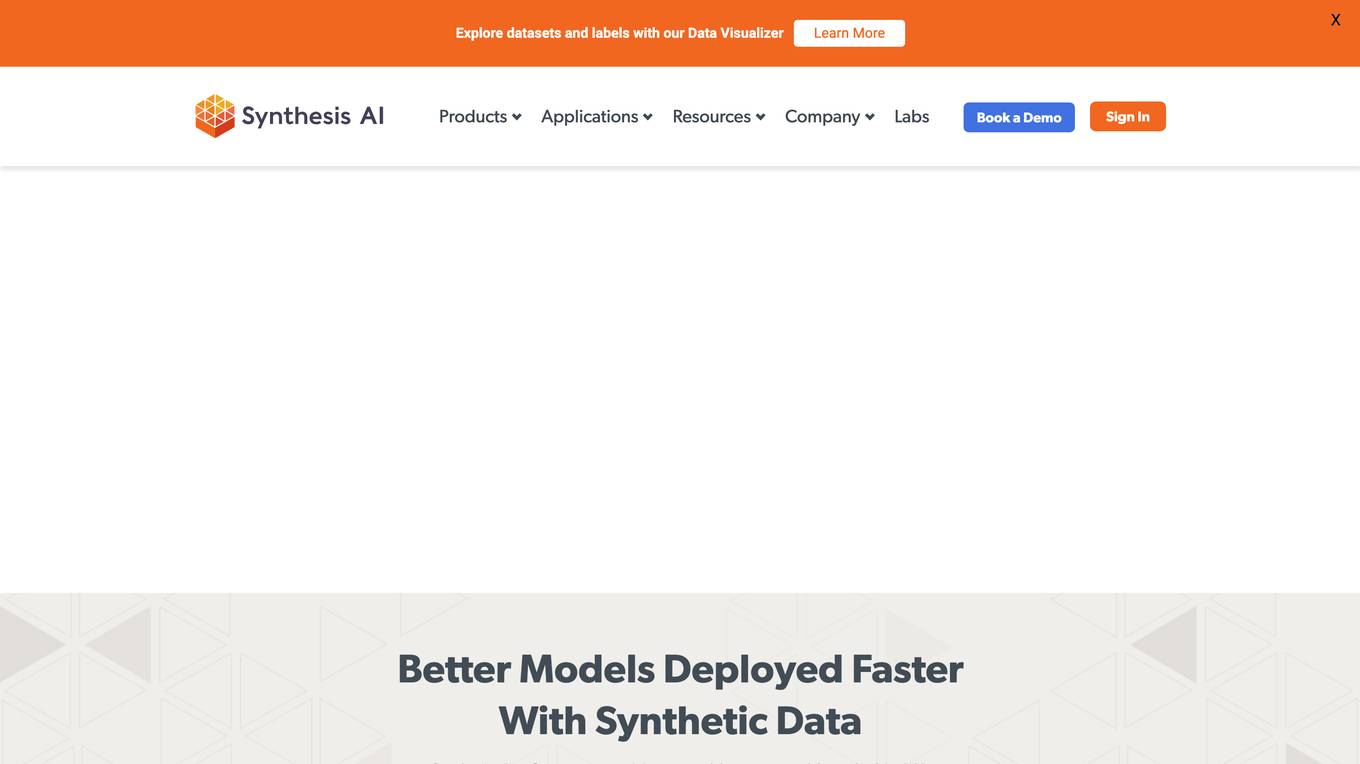
Synthesis AI
Synthesis AI is a synthetic data platform that enables more capable and ethical computer vision AI. It provides on-demand labeled images and videos, photorealistic images, and 3D generative AI to help developers build better models faster. Synthesis AI's products include Synthesis Humans, which allows users to create detailed images and videos of digital humans with rich annotations; Synthesis Scenarios, which enables users to craft complex multi-human simulations across a variety of environments; and a range of applications for industries such as ID verification, automotive, avatar creation, virtual fashion, AI fitness, teleconferencing, visual effects, and security.
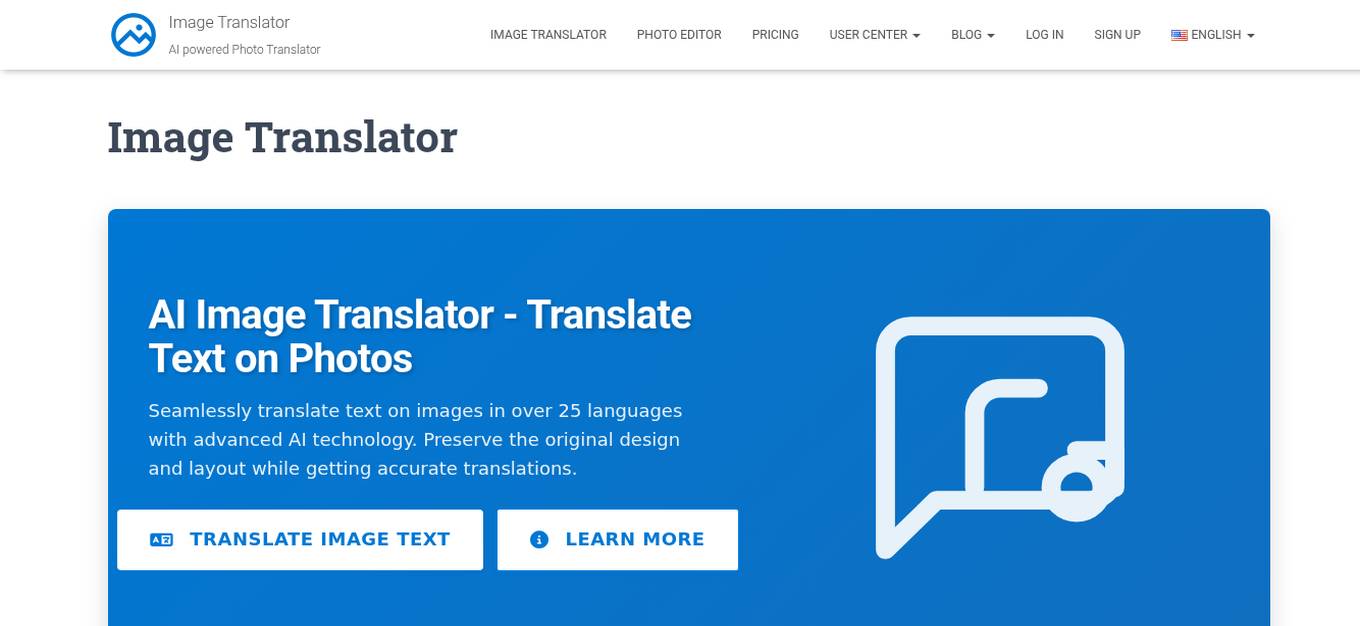
Image Translator
Image Translator is an AI-powered photo translation tool that seamlessly translates text on images in over 25 languages. Users can upload images, select the target language, and get accurate translations while preserving the original design and layout. The tool offers advanced capabilities such as accurate text translation, AI-powered processing, high-quality results, support for over 25 languages, custom instructions, and secure processing. Users can translate various types of text on images including menus, posters, documents, product labels, and more, making it ideal for travelers, students, professionals, and language enthusiasts.
3 - Open Source AI Tools

supervisely
Supervisely is a computer vision platform that provides a range of tools and services for developing and deploying computer vision solutions. It includes a data labeling platform, a model training platform, and a marketplace for computer vision apps. Supervisely is used by a variety of organizations, including Fortune 500 companies, research institutions, and government agencies.
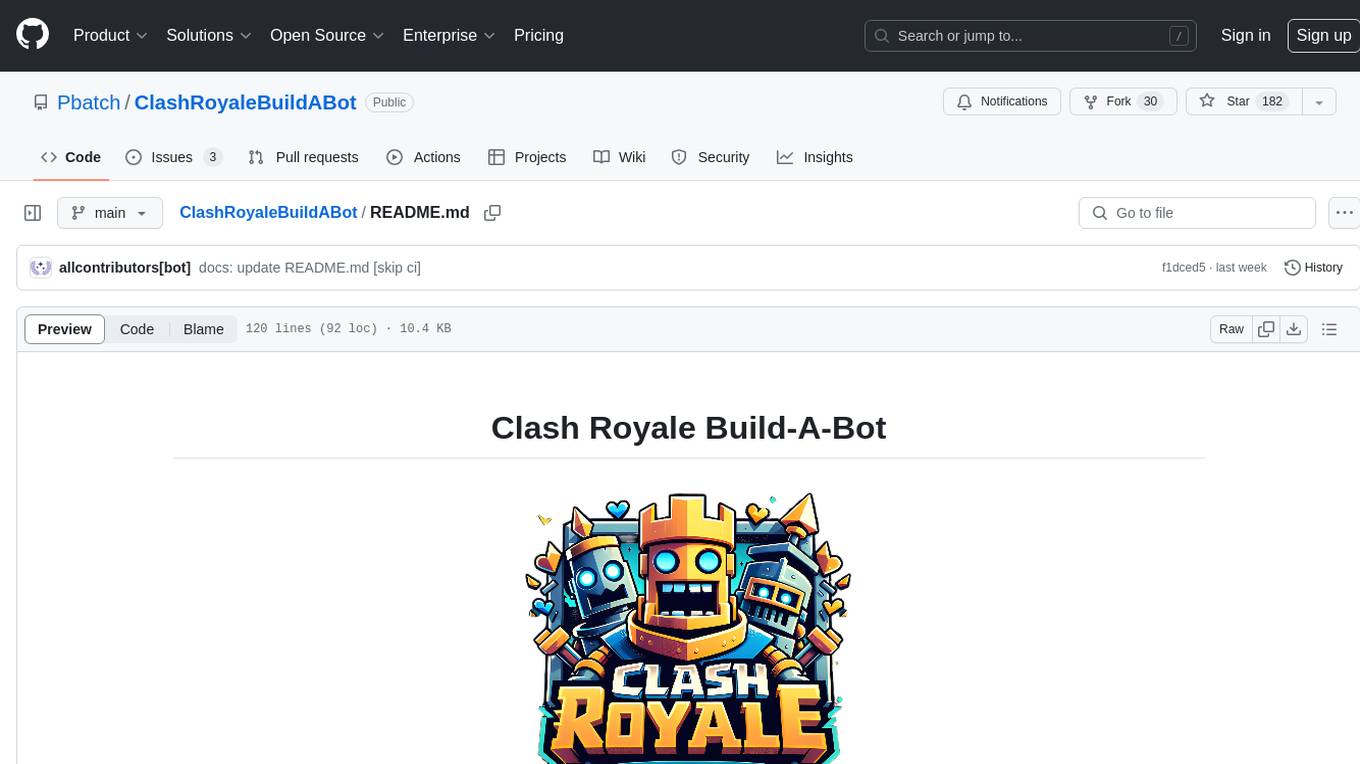
ClashRoyaleBuildABot
Clash Royale Build-A-Bot is a project that allows users to build their own bot to play Clash Royale. It provides an advanced state generator that accurately returns detailed information using cutting-edge technologies. The project includes tutorials for setting up the environment, building a basic bot, and understanding state generation. It also offers updates such as replacing YOLOv5 with YOLOv8 unit model and enhancing performance features like placement and elixir management. The future roadmap includes plans to label more images of diverse cards, add a tracking layer for unit predictions, publish tutorials on Q-learning and imitation learning, release the YOLOv5 training notebook, implement chest opening and card upgrading features, and create a leaderboard for the best bots developed with this repository.
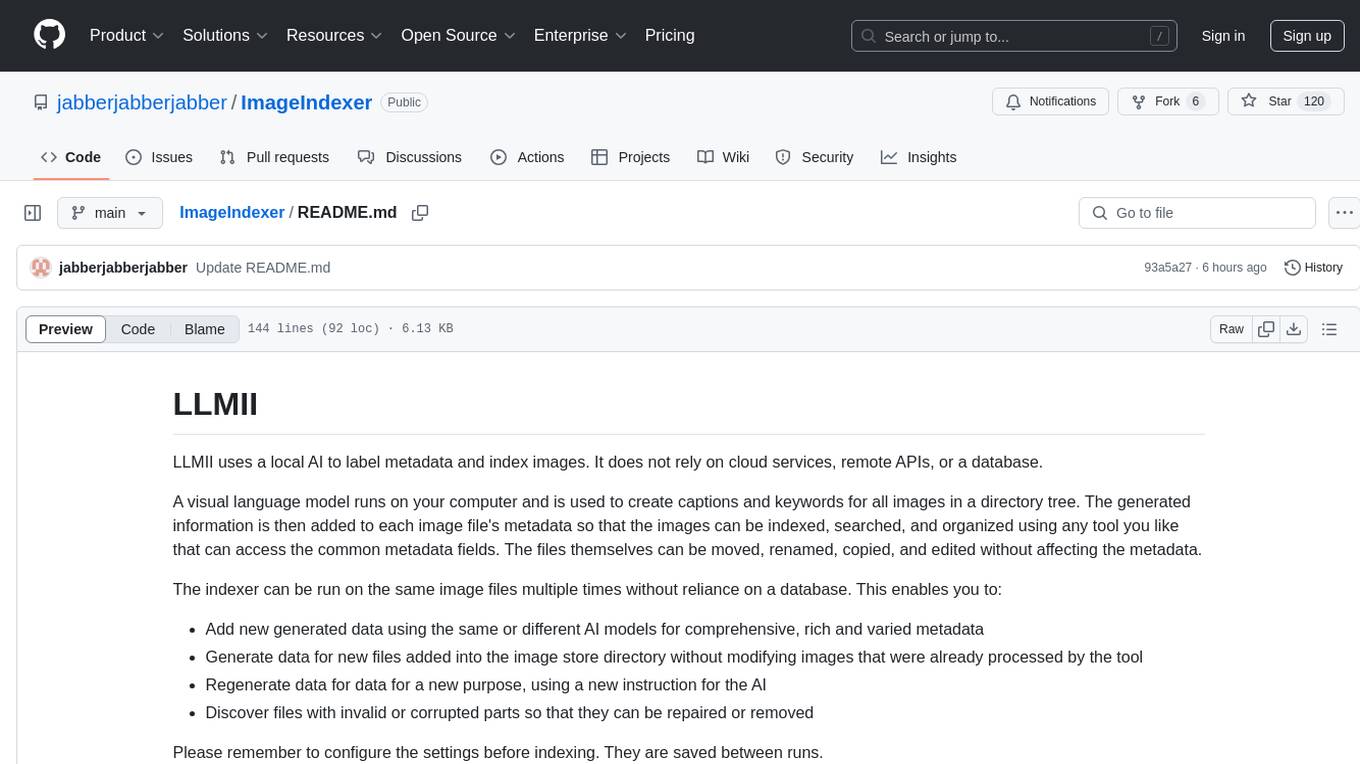
ImageIndexer
LLMII is a tool that uses a local AI model to label metadata and index images without relying on cloud services or remote APIs. It runs a visual language model on your computer to generate captions and keywords for images, enhancing their metadata for indexing, searching, and organization. The tool can be run multiple times on the same image files, allowing for adding new data, regenerating data, and discovering files with issues. It supports various image formats, offers a user-friendly GUI, and can utilize GPU acceleration for faster processing. LLMII requires Python 3.8 or higher and operates directly on image file metadata fields like MWG:Keyword and XMP:Identifier.
18 - OpenAI Gpts
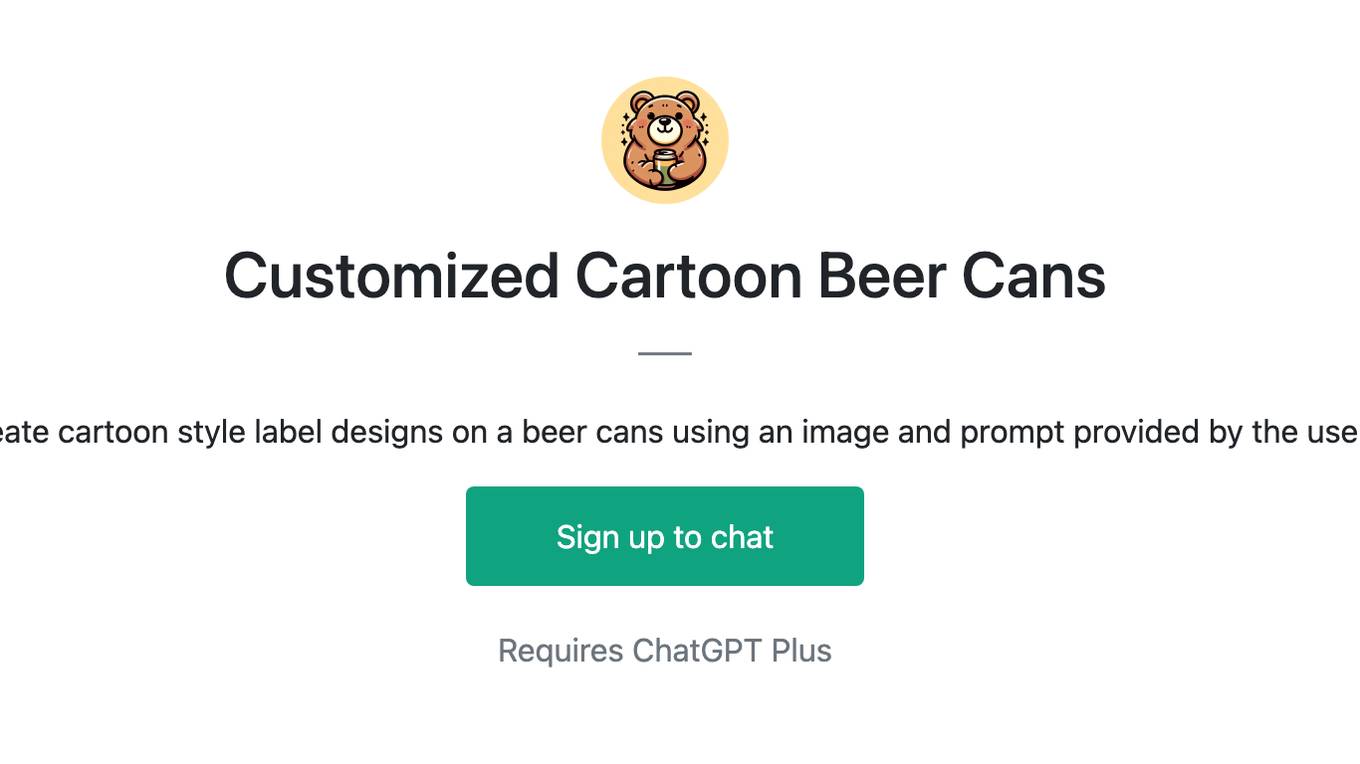
Customized Cartoon Beer Cans
Create cartoon style label designs on a beer cans using an image and prompt provided by the user.
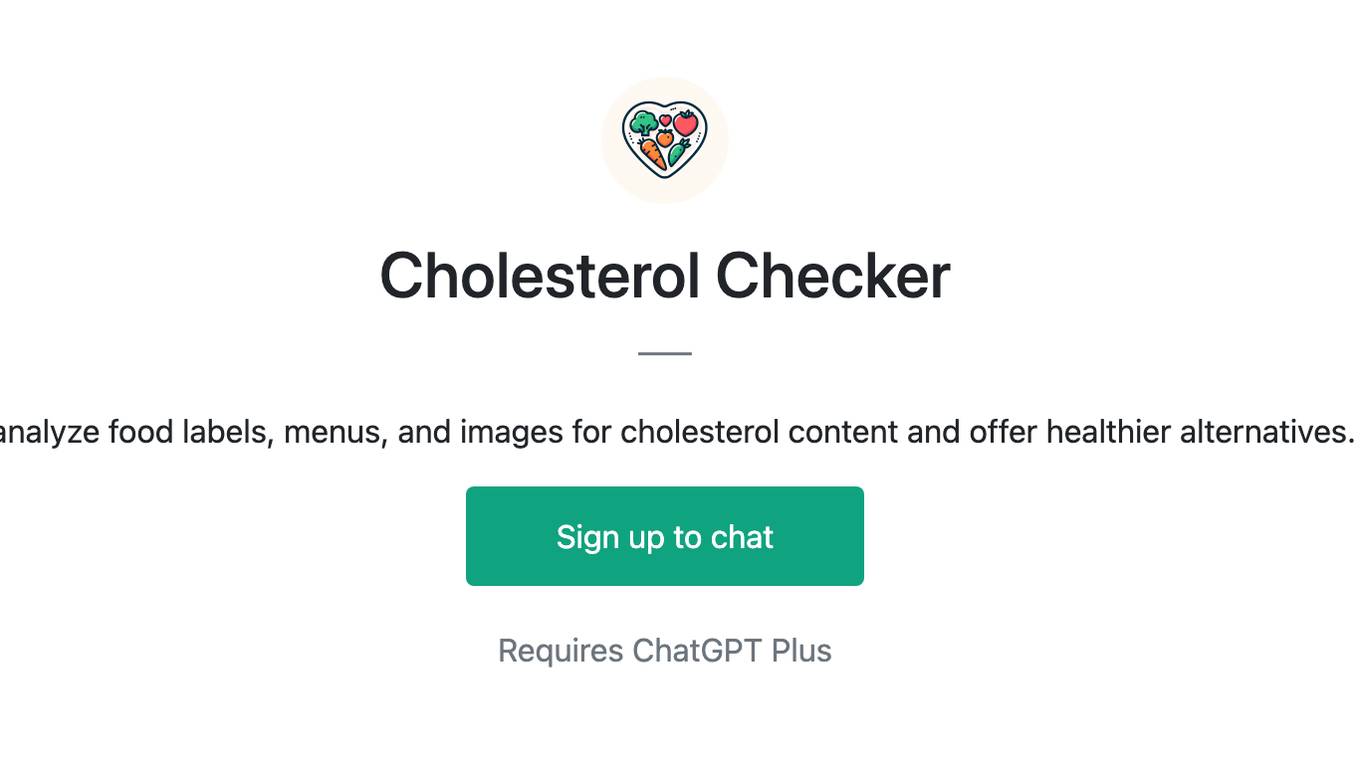
Cholesterol Checker
I analyze food labels, menus, and images for cholesterol content and offer healthier alternatives.
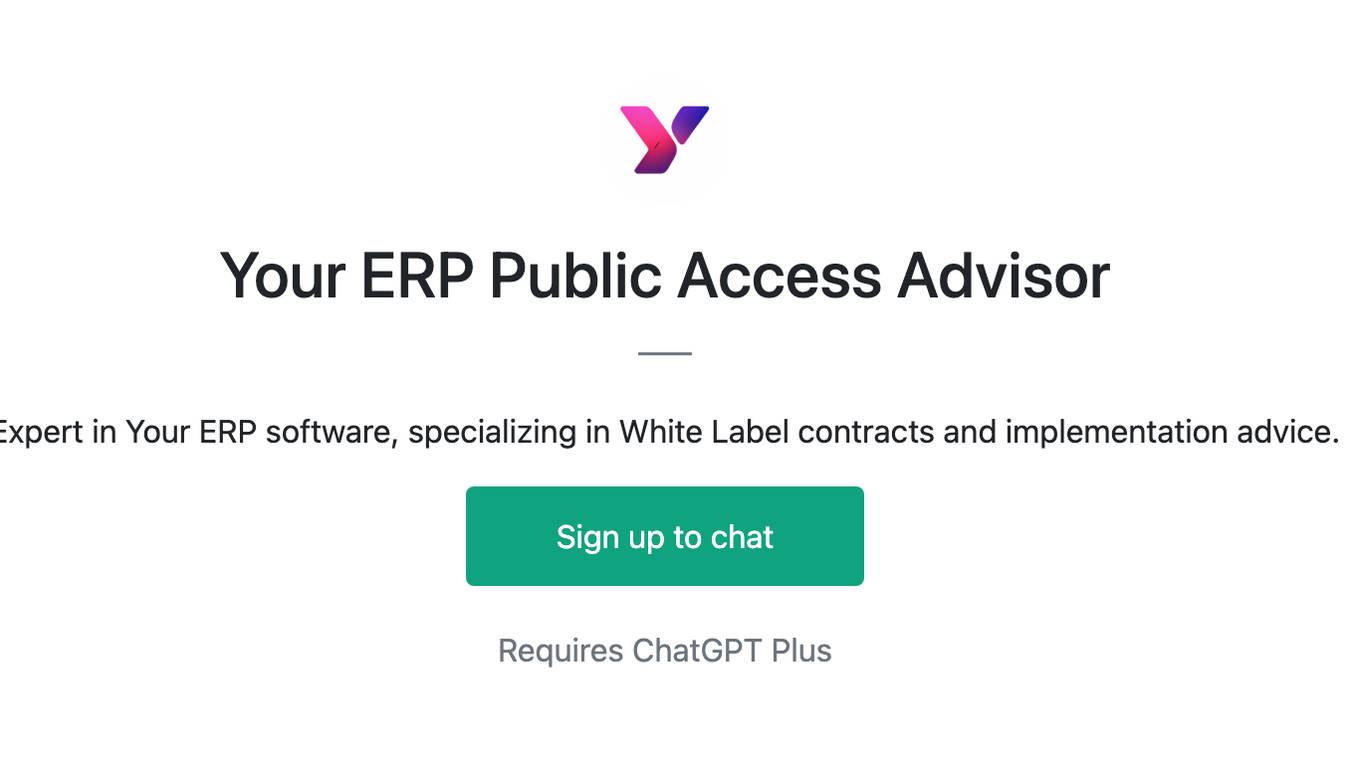
Your ERP Public Access Advisor
Expert in Your ERP software, specializing in White Label contracts and implementation advice.
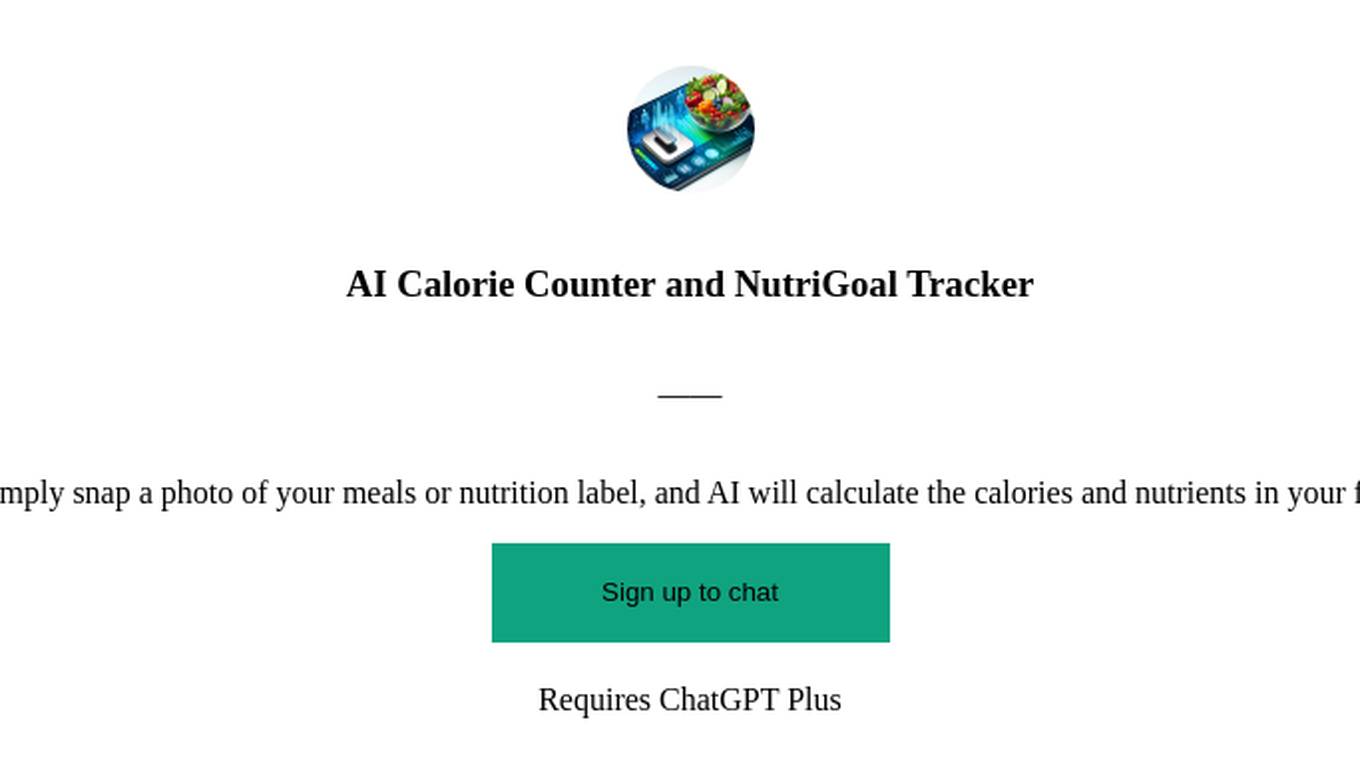
AI Calorie Counter and NutriGoal Tracker
by Medicinex.tech: Simply snap a photo of your meals or nutrition label, and AI will calculate the calories and nutrients in your food and track progress.
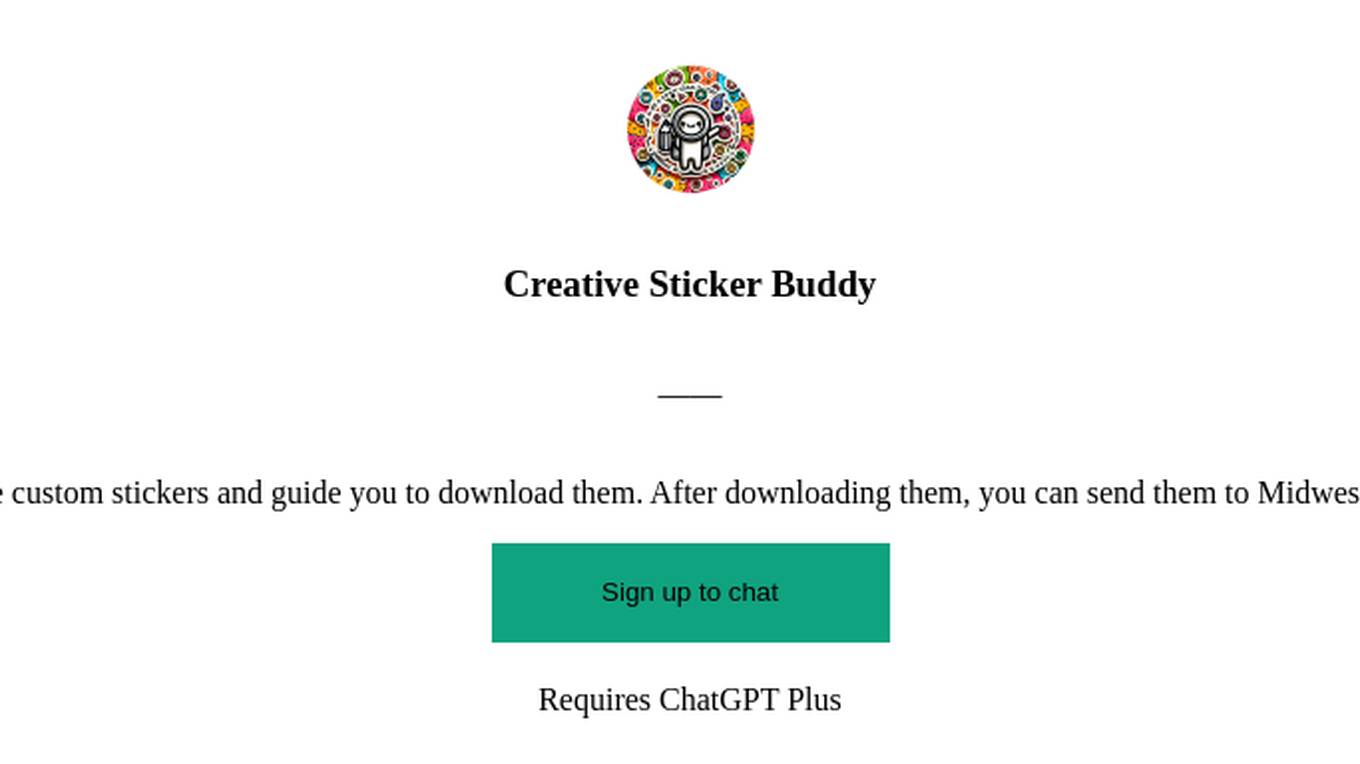
Creative Sticker Buddy
Print individual (1) die cut stickers. I create custom stickers and guide you to download them. After downloading them, you can send them to Midwest Label and print out 1-100 individual labels.
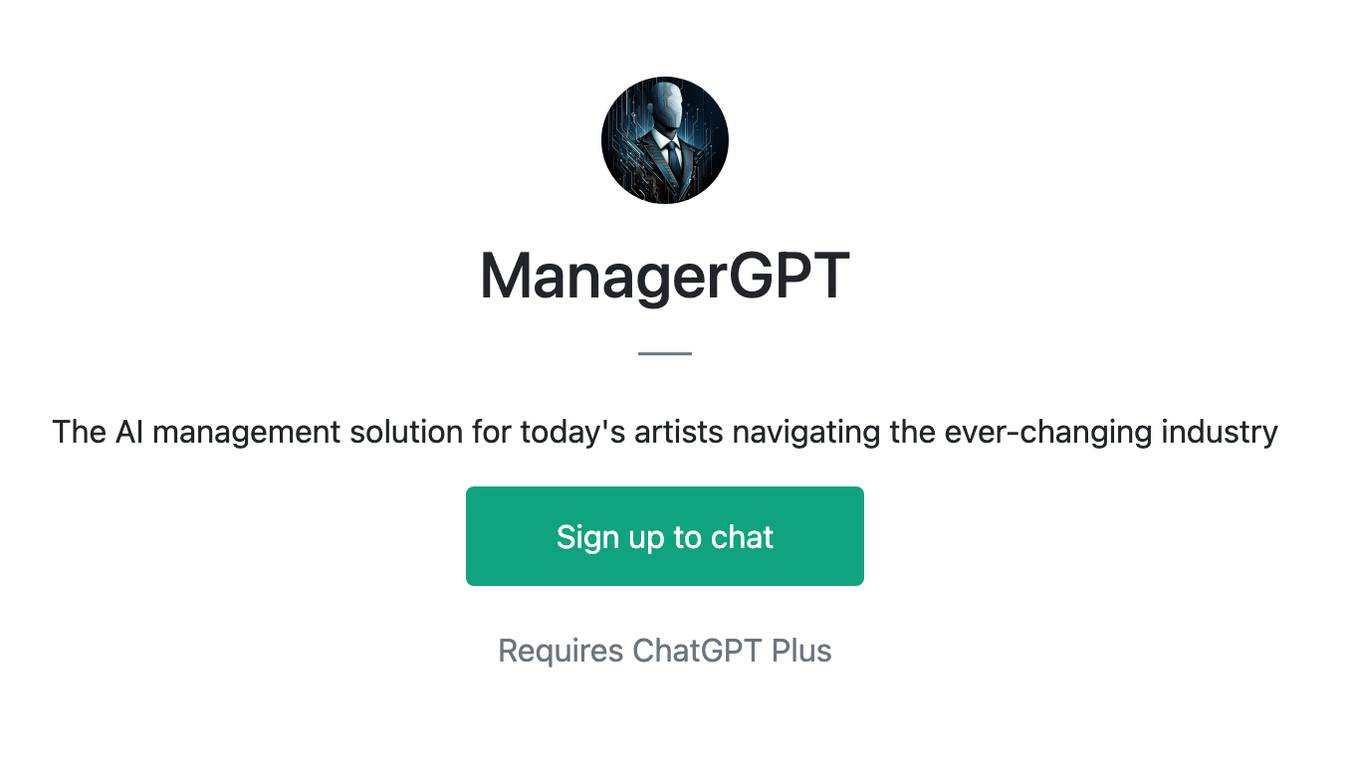
ManagerGPT
The AI management solution for today's artists navigating the ever-changing industry
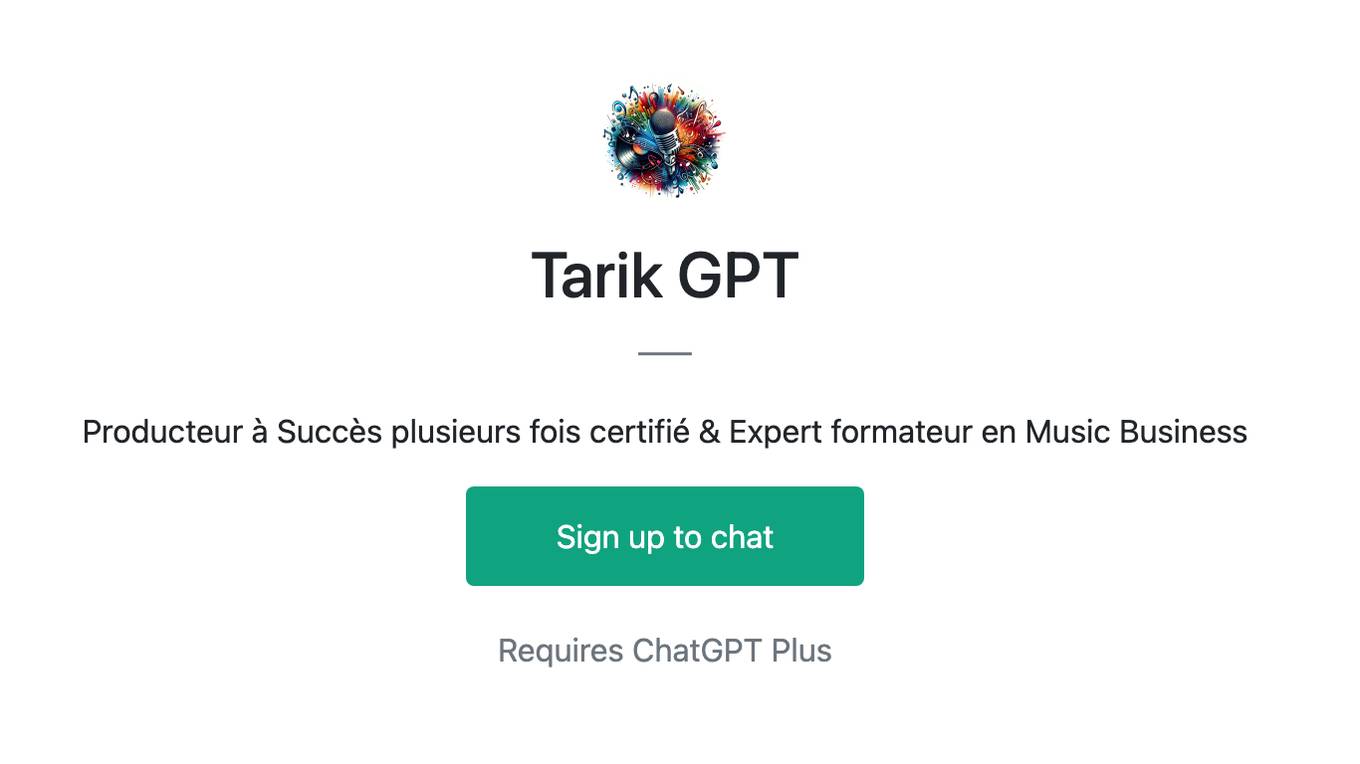
Tarik GPT
Producteur à Succès plusieurs fois certifié & Expert formateur en Music Business
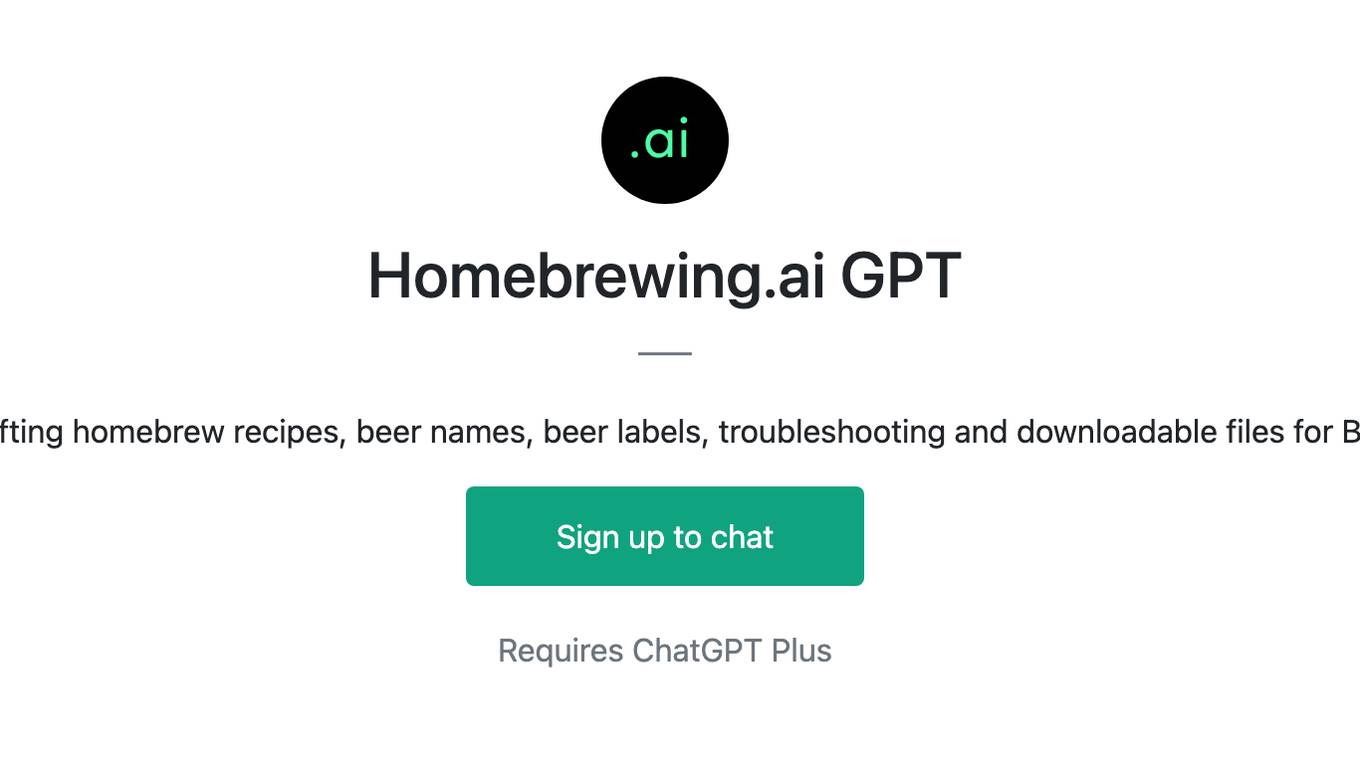
Homebrewing.ai GPT
Expert in crafting homebrew recipes, beer names, beer labels, troubleshooting and downloadable files for BrewFather.
